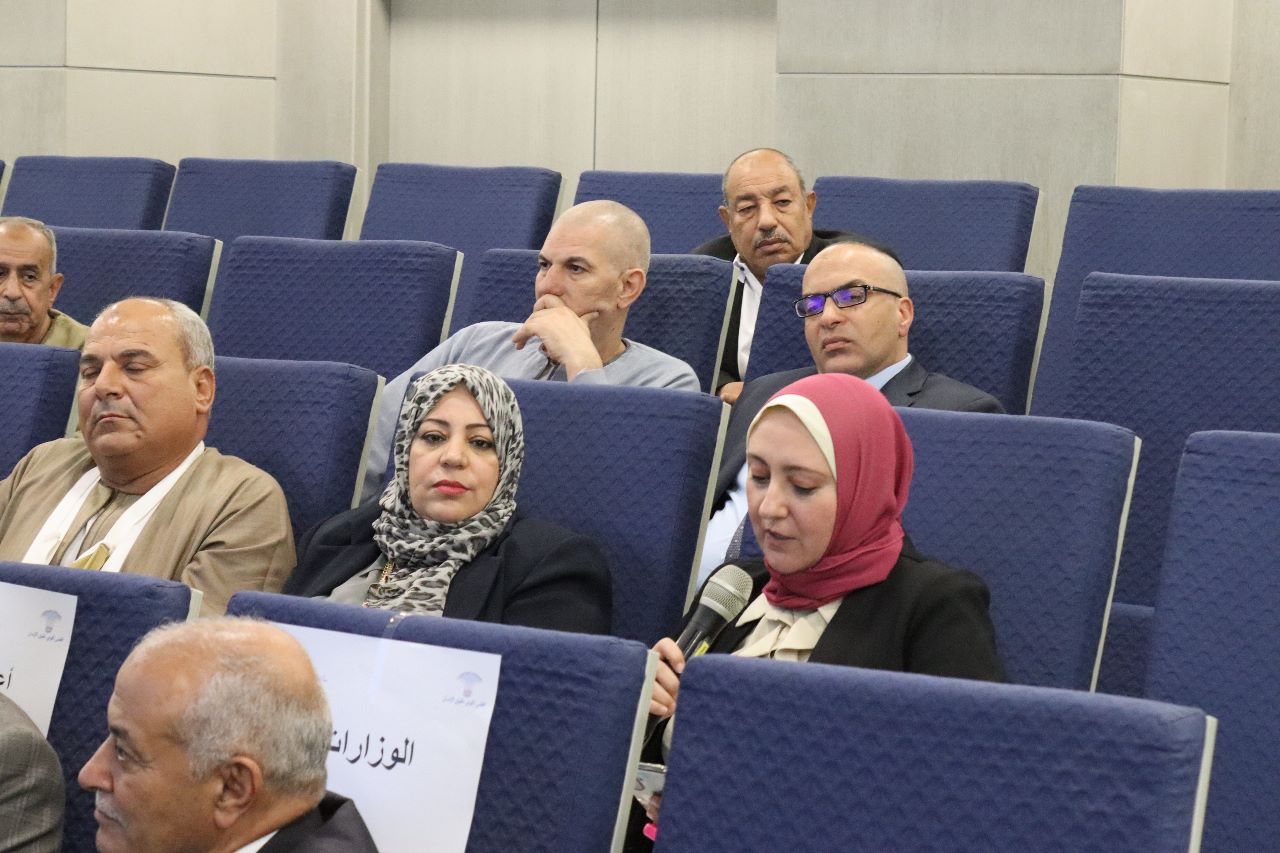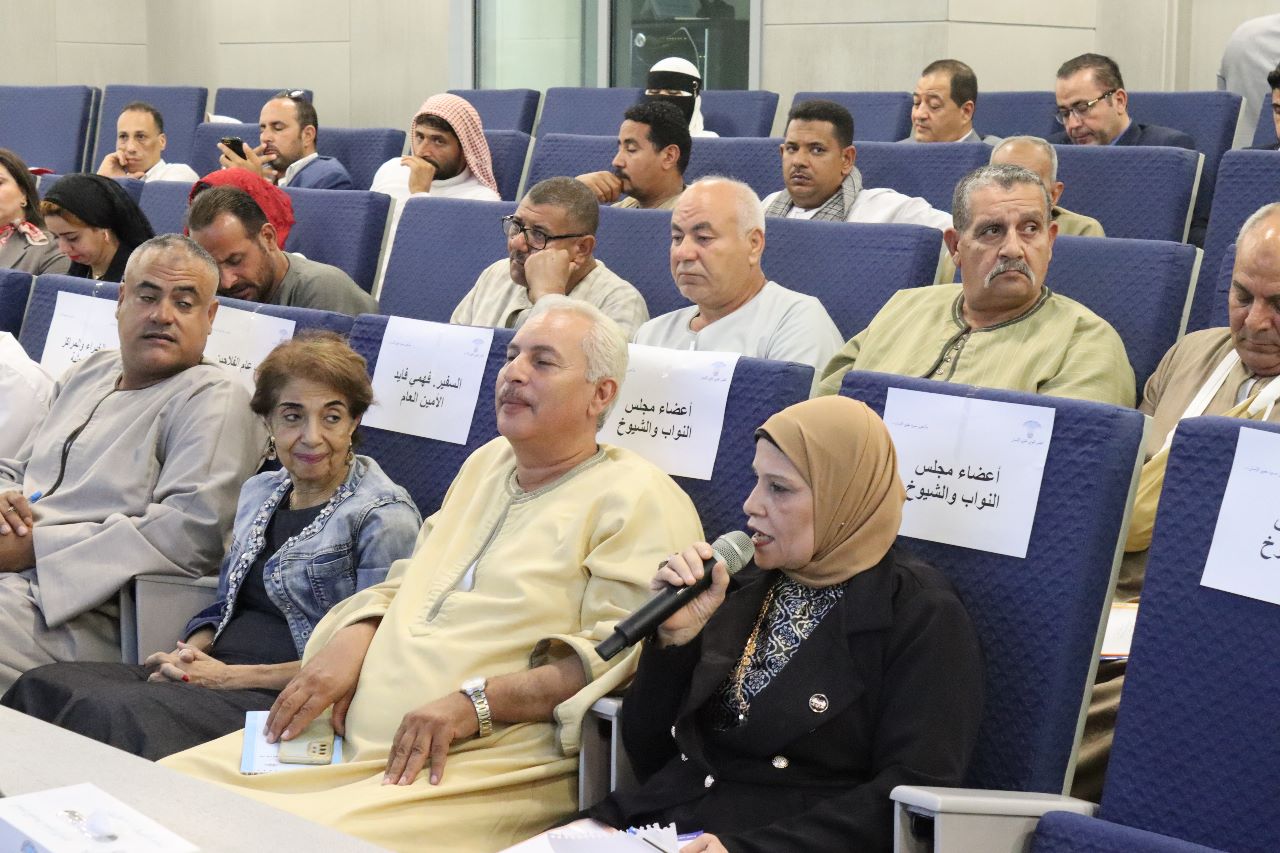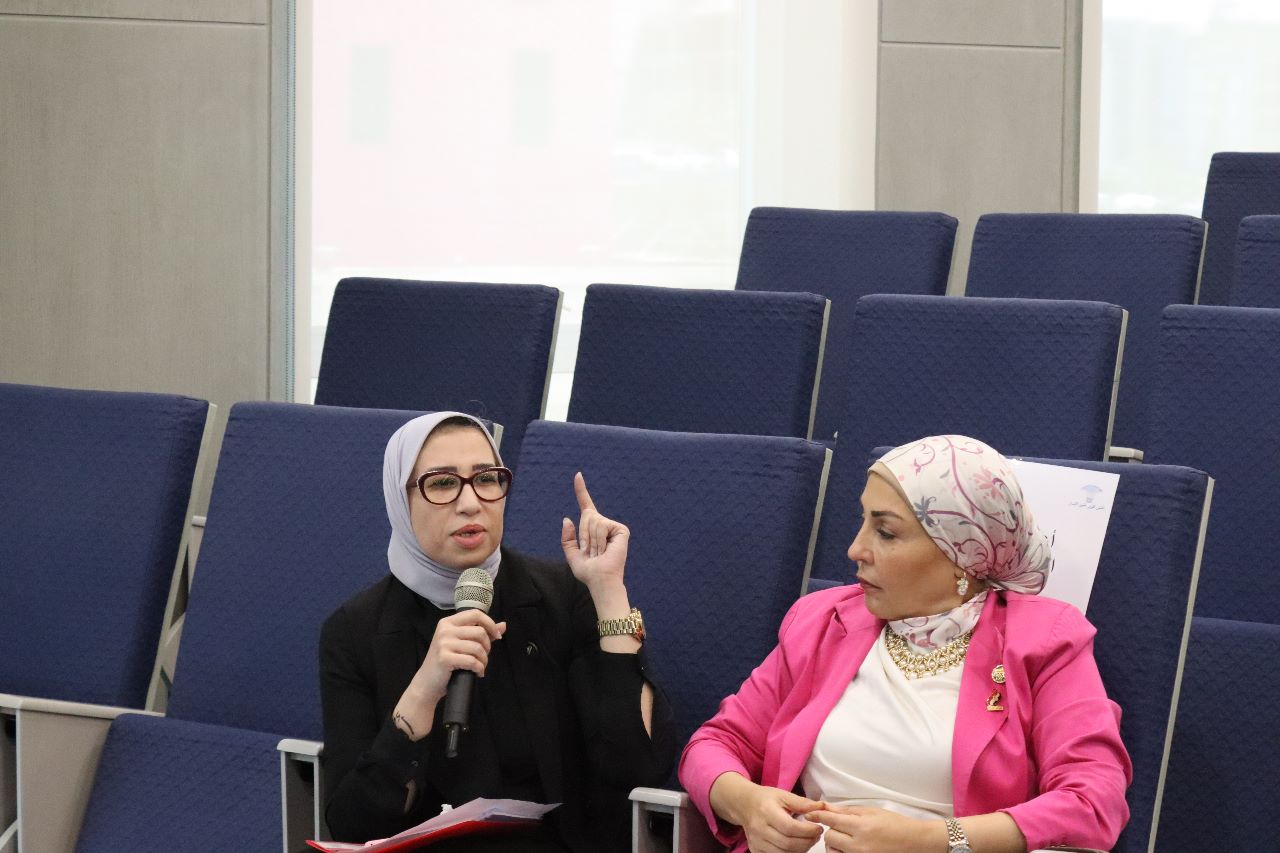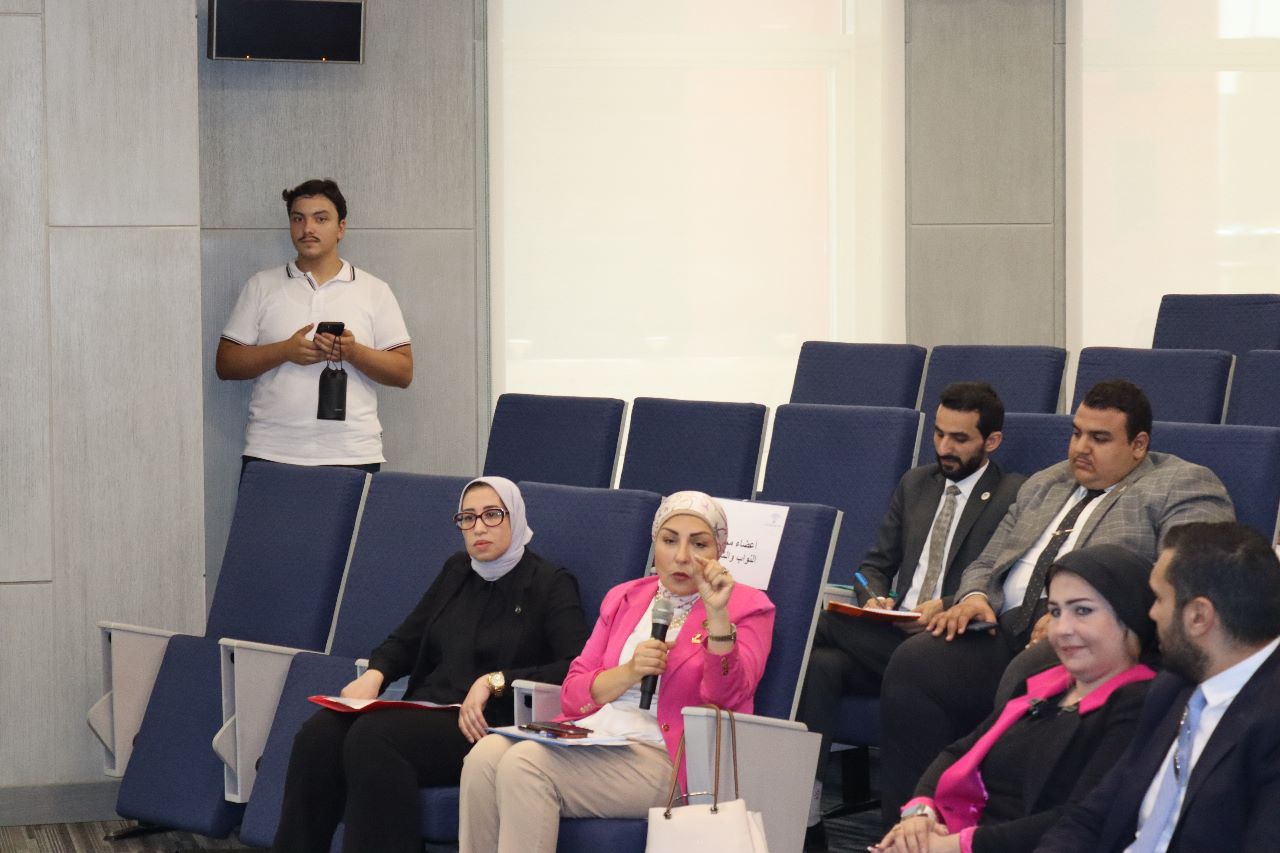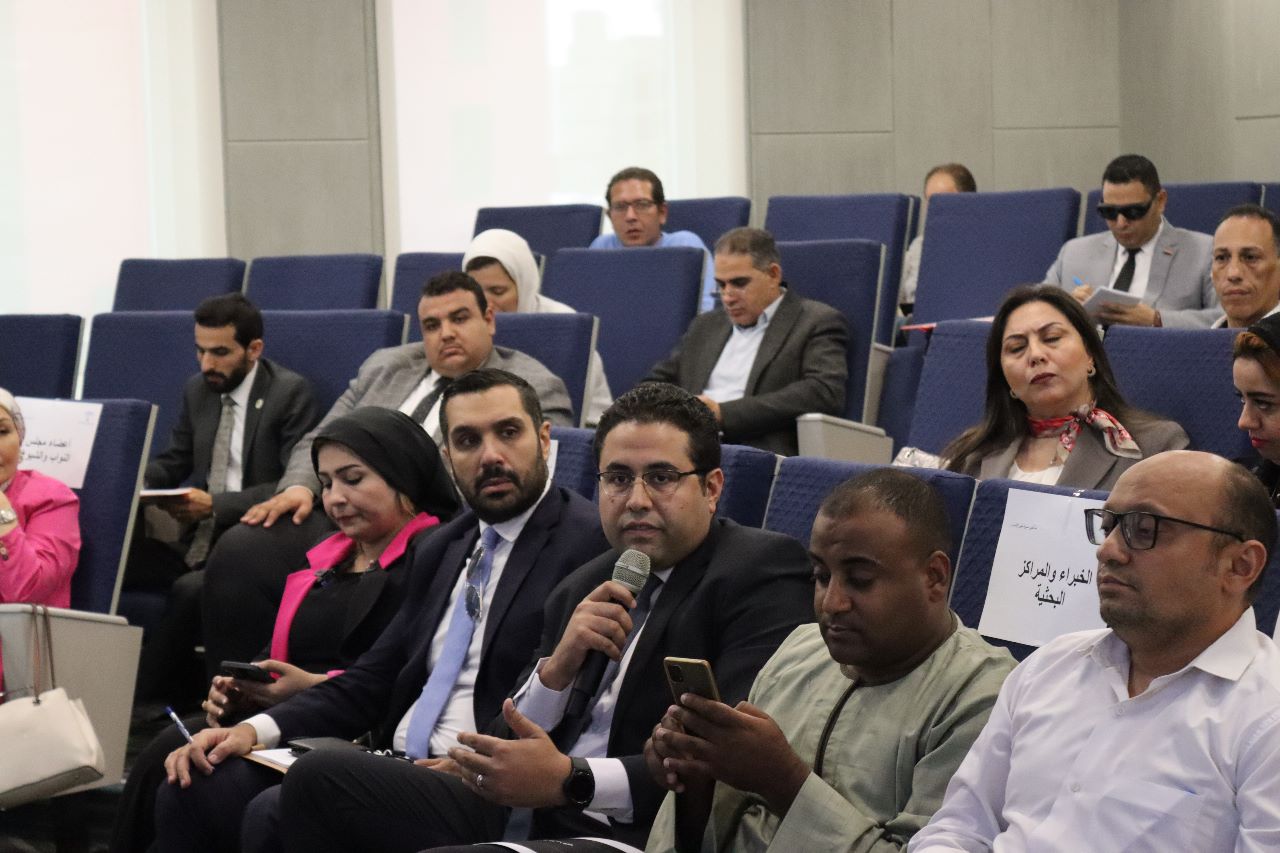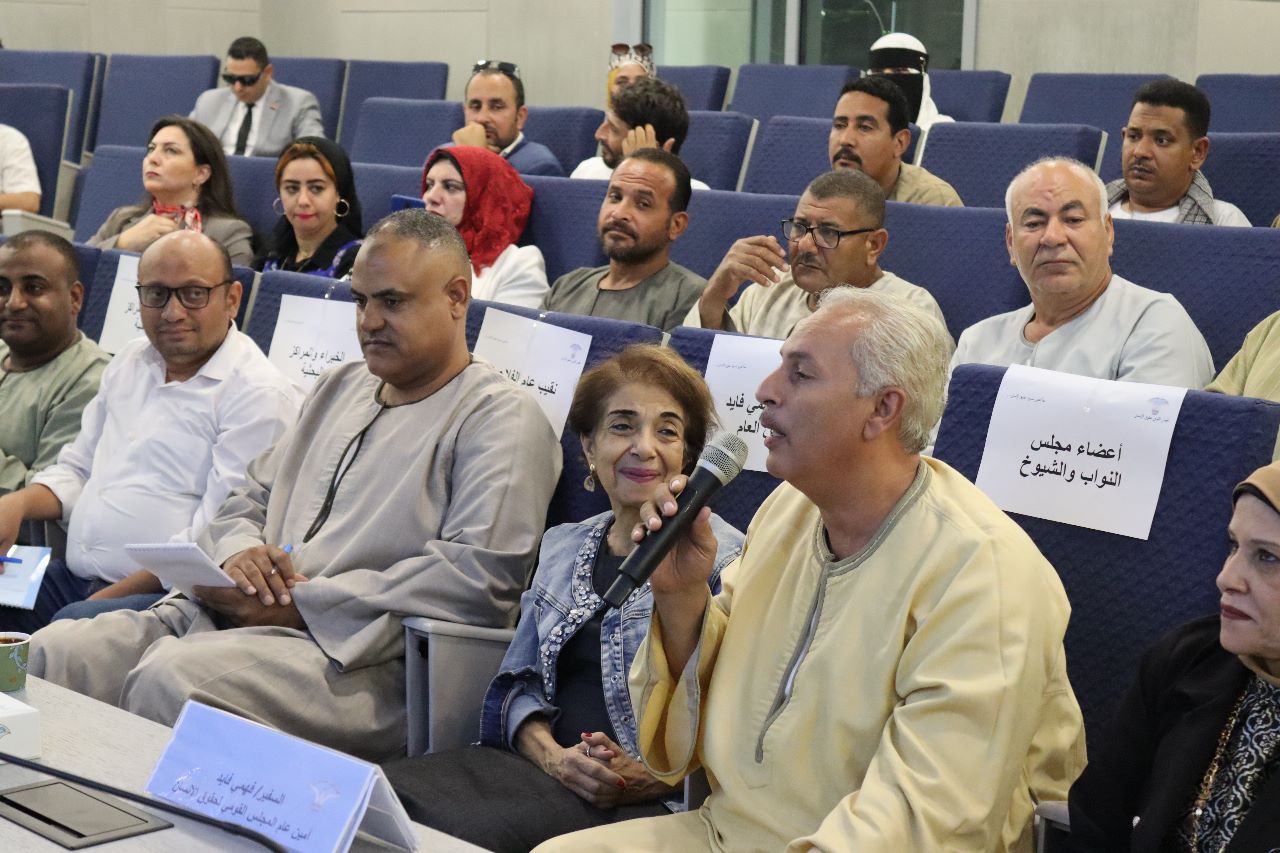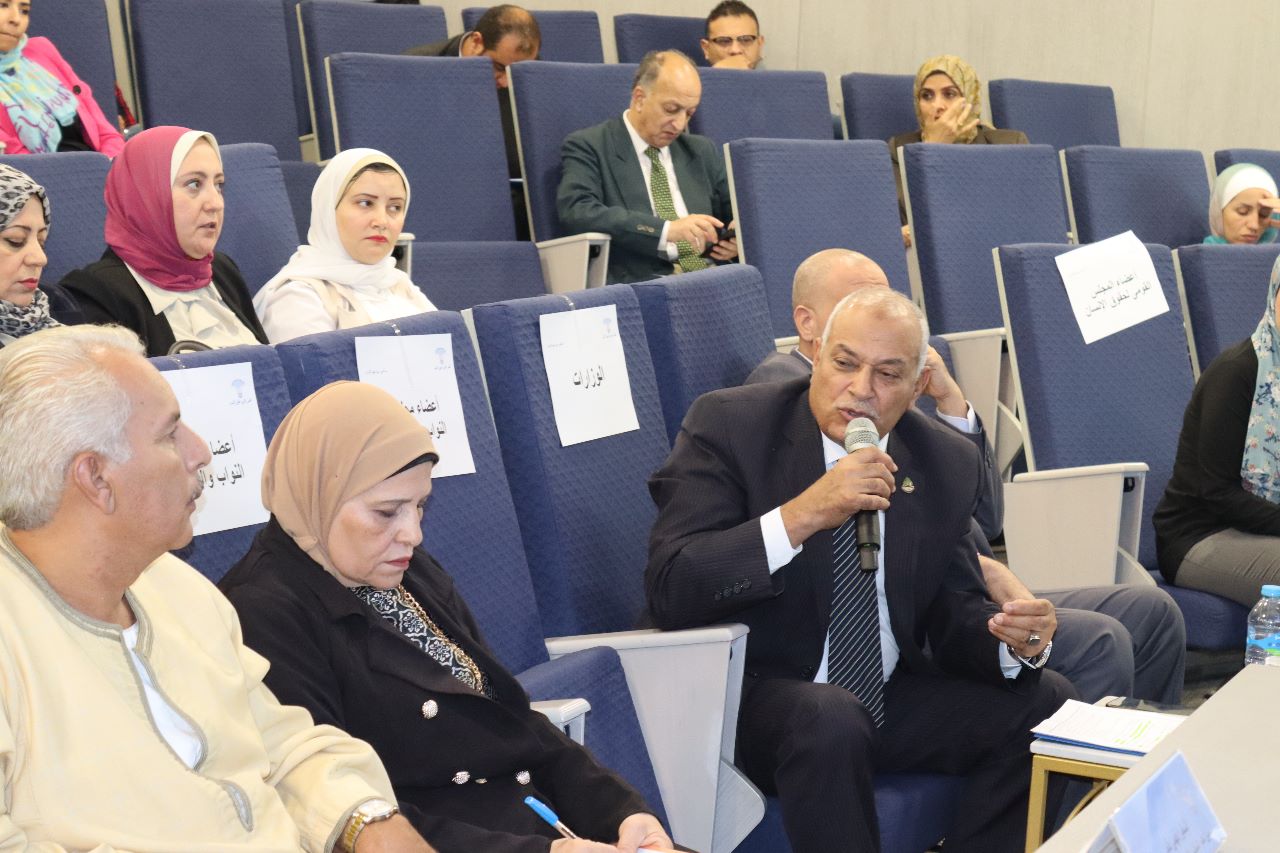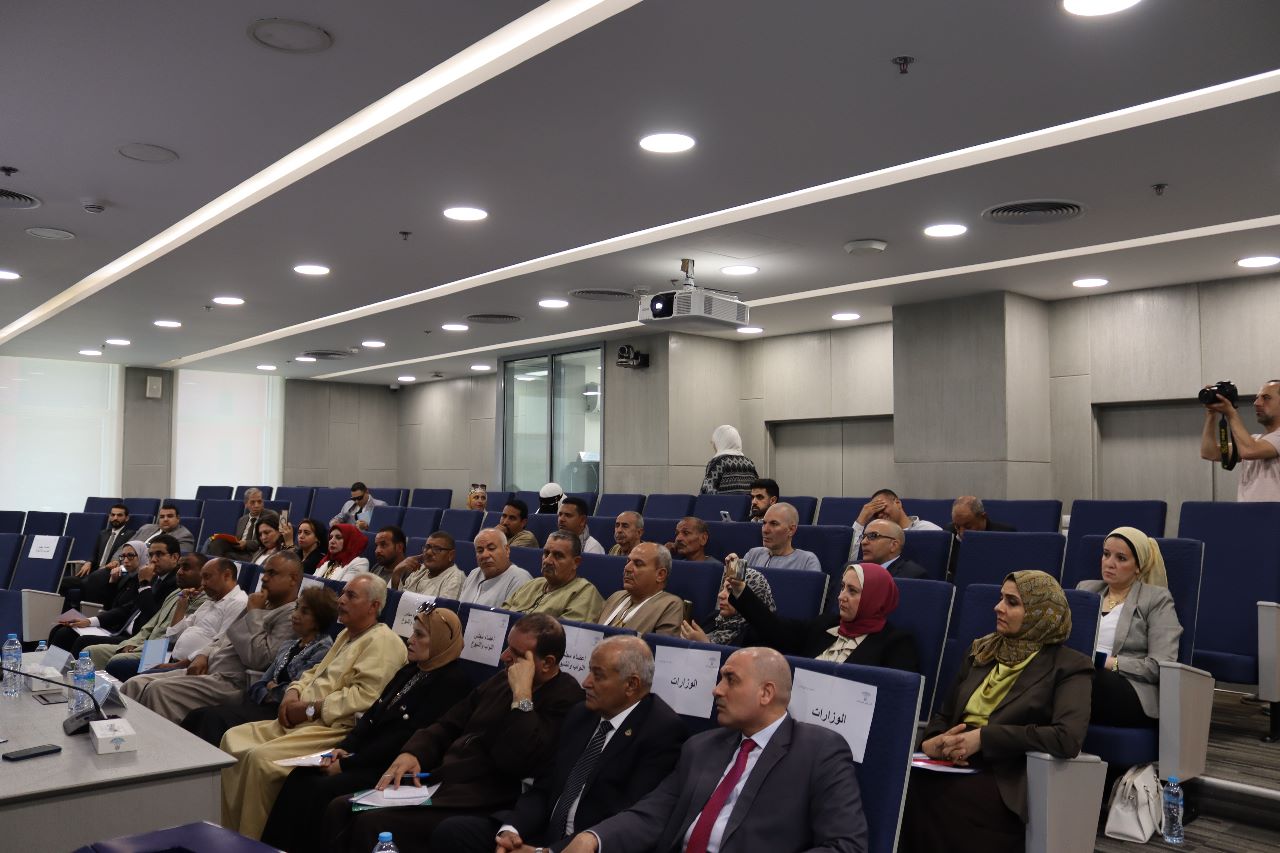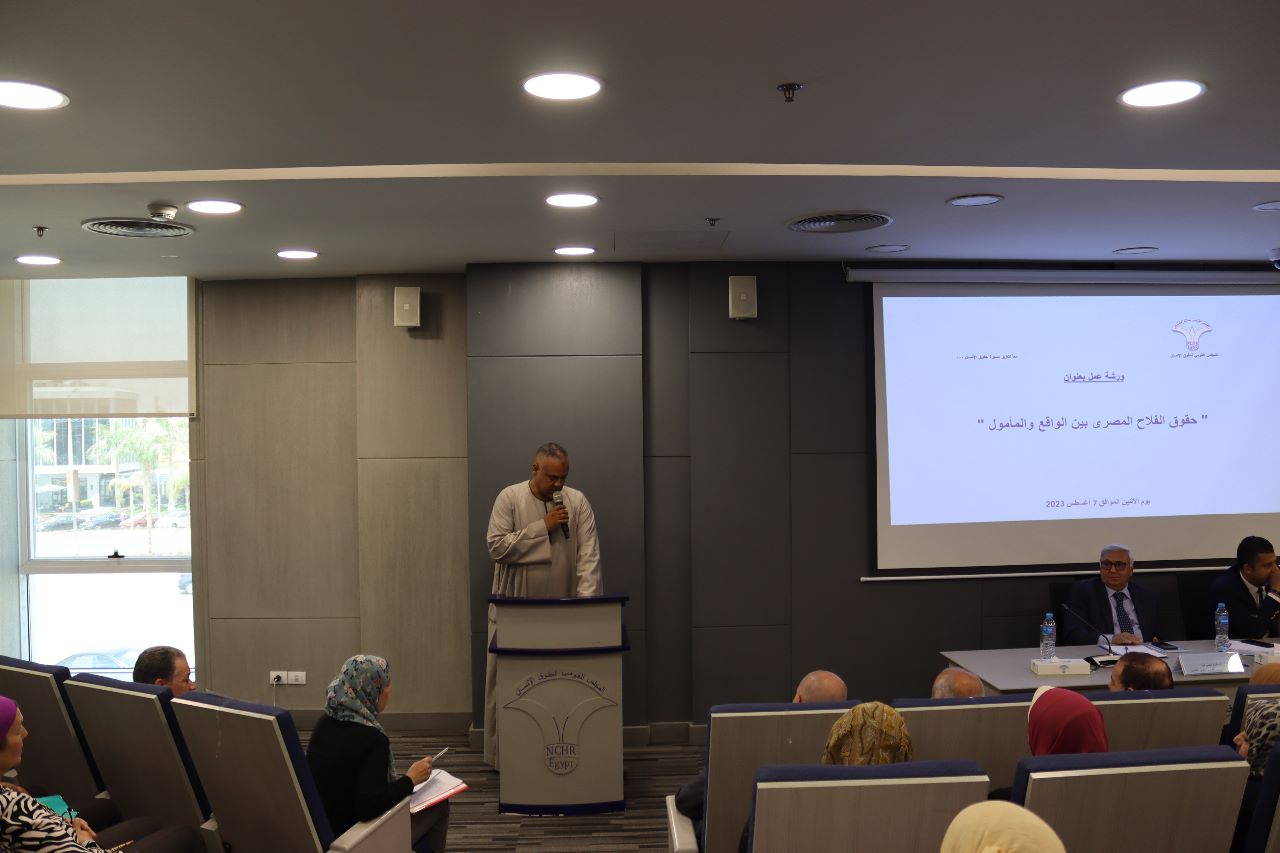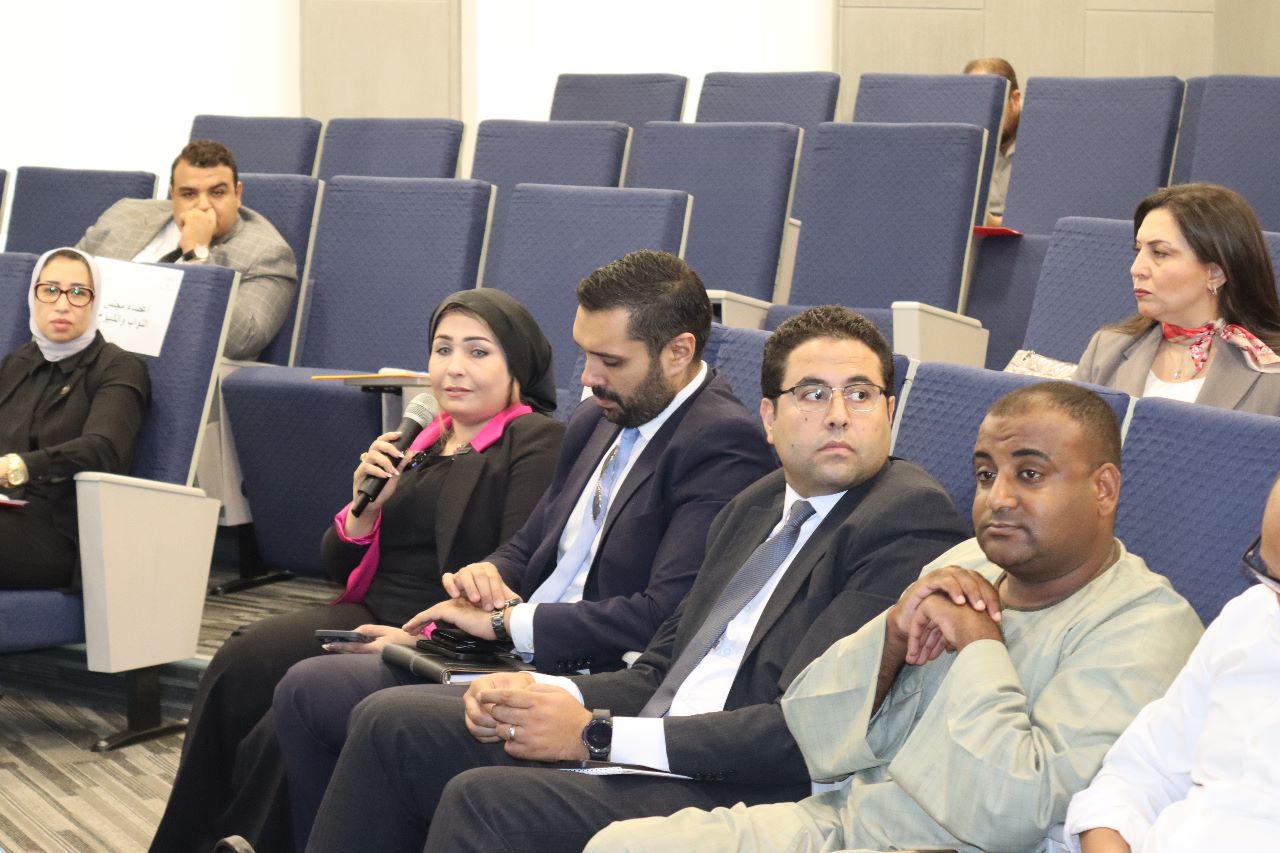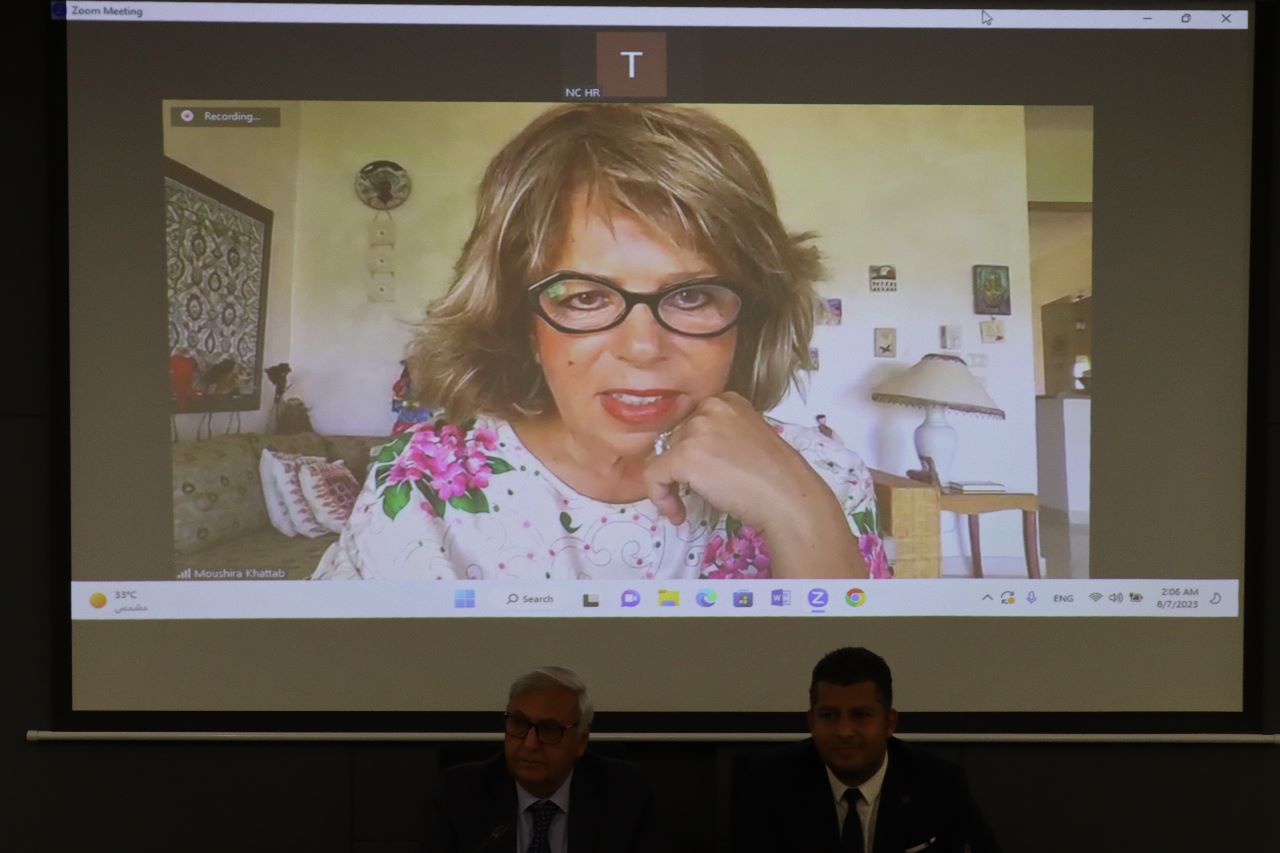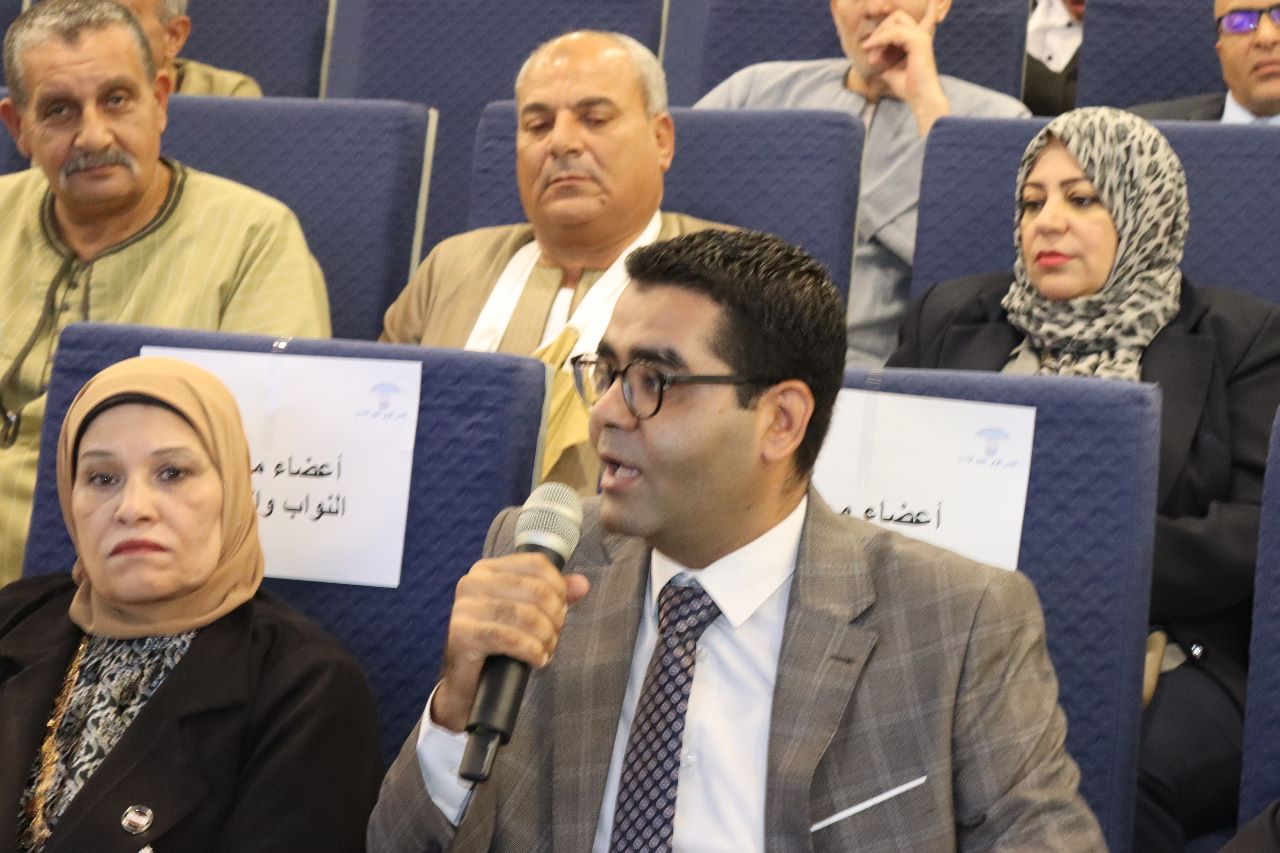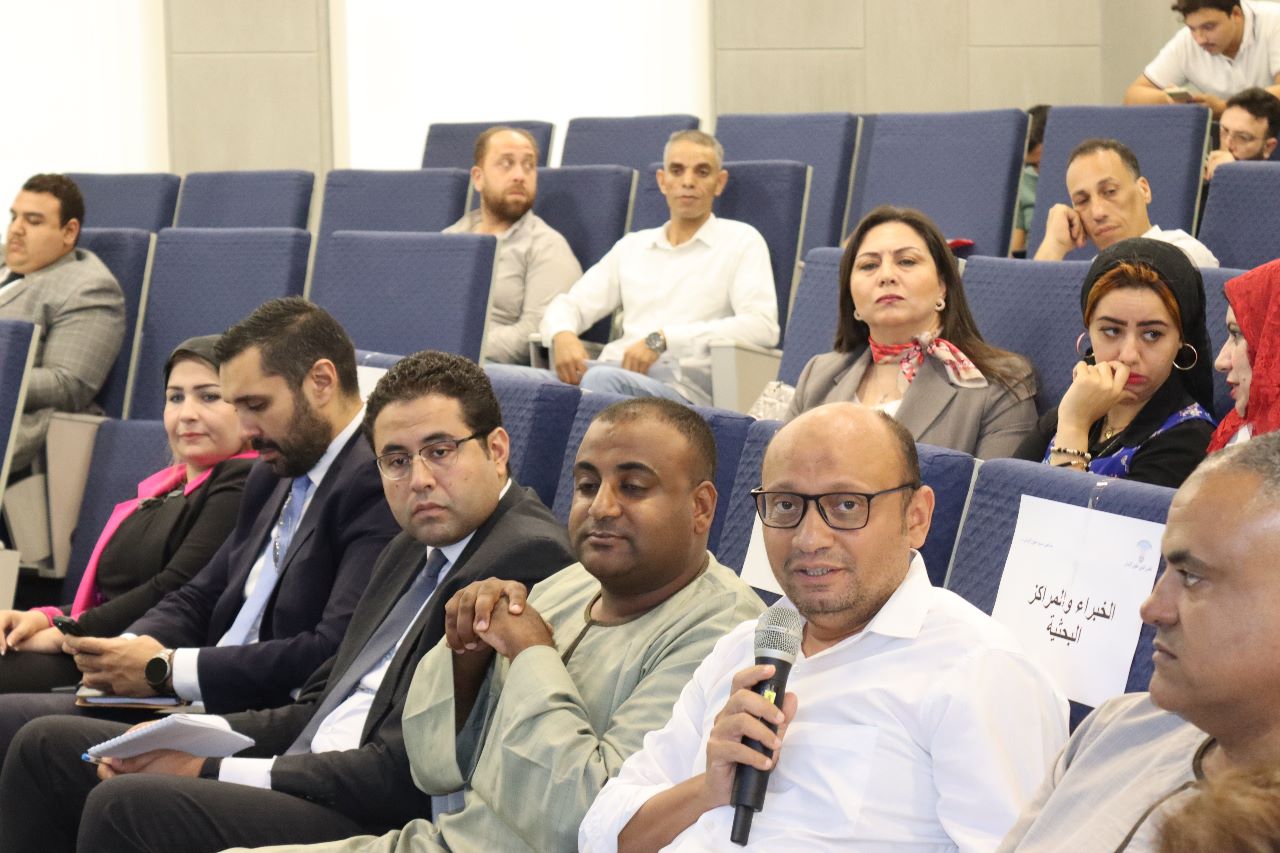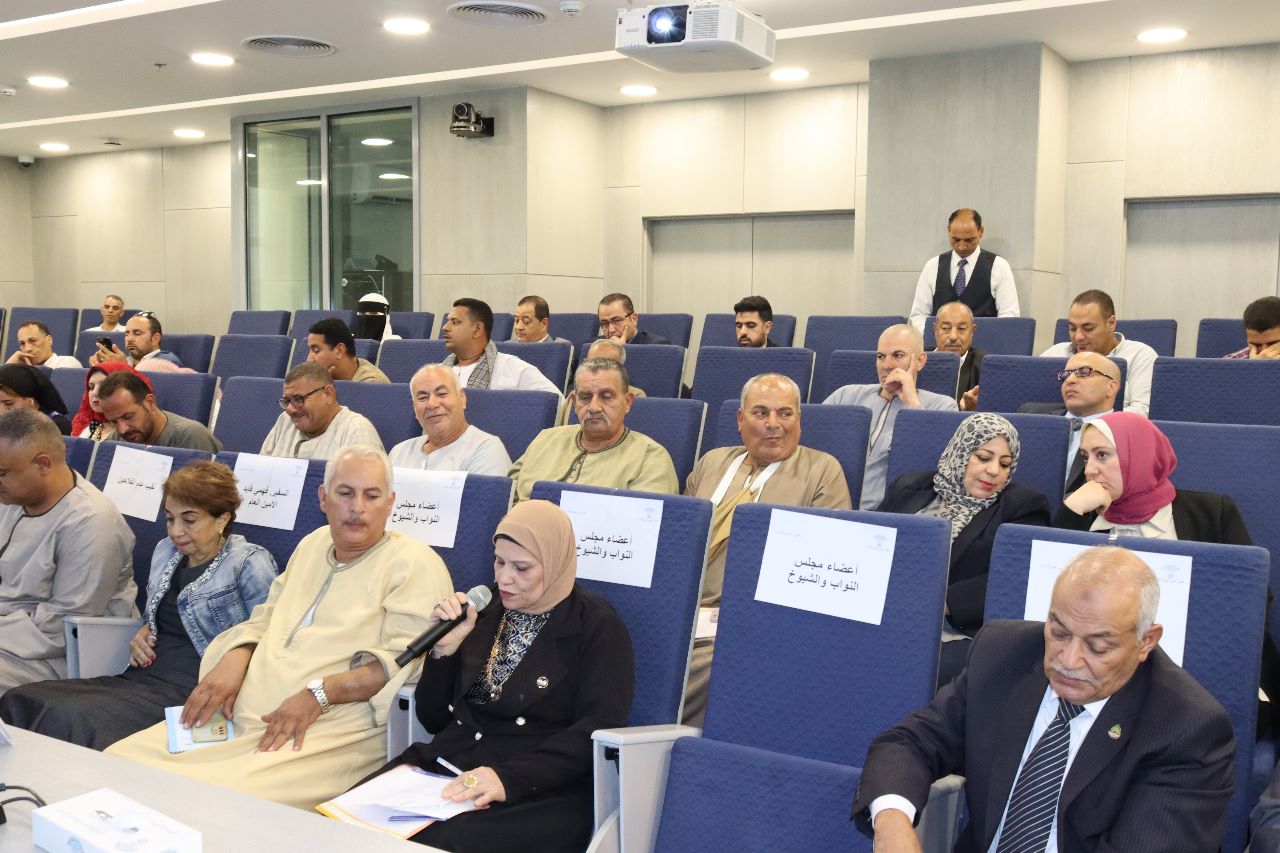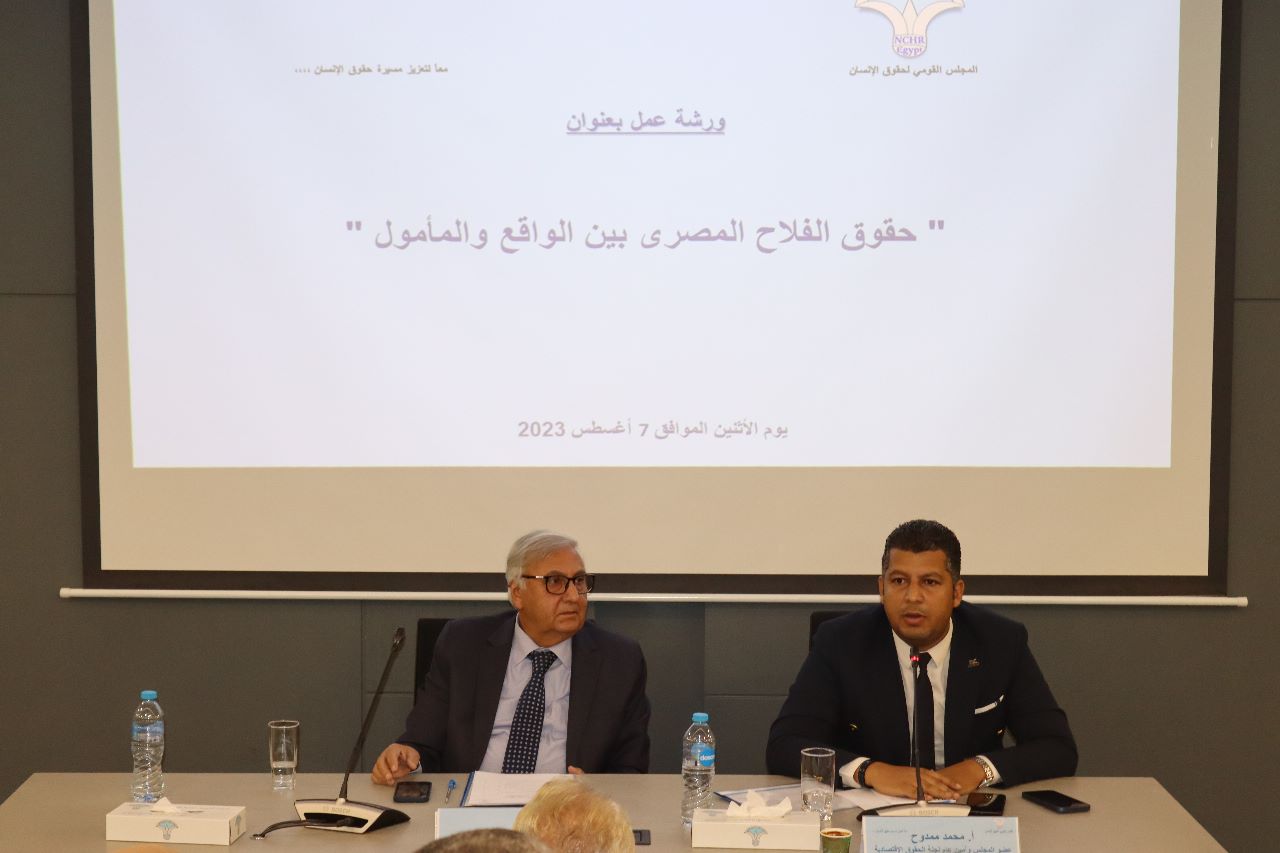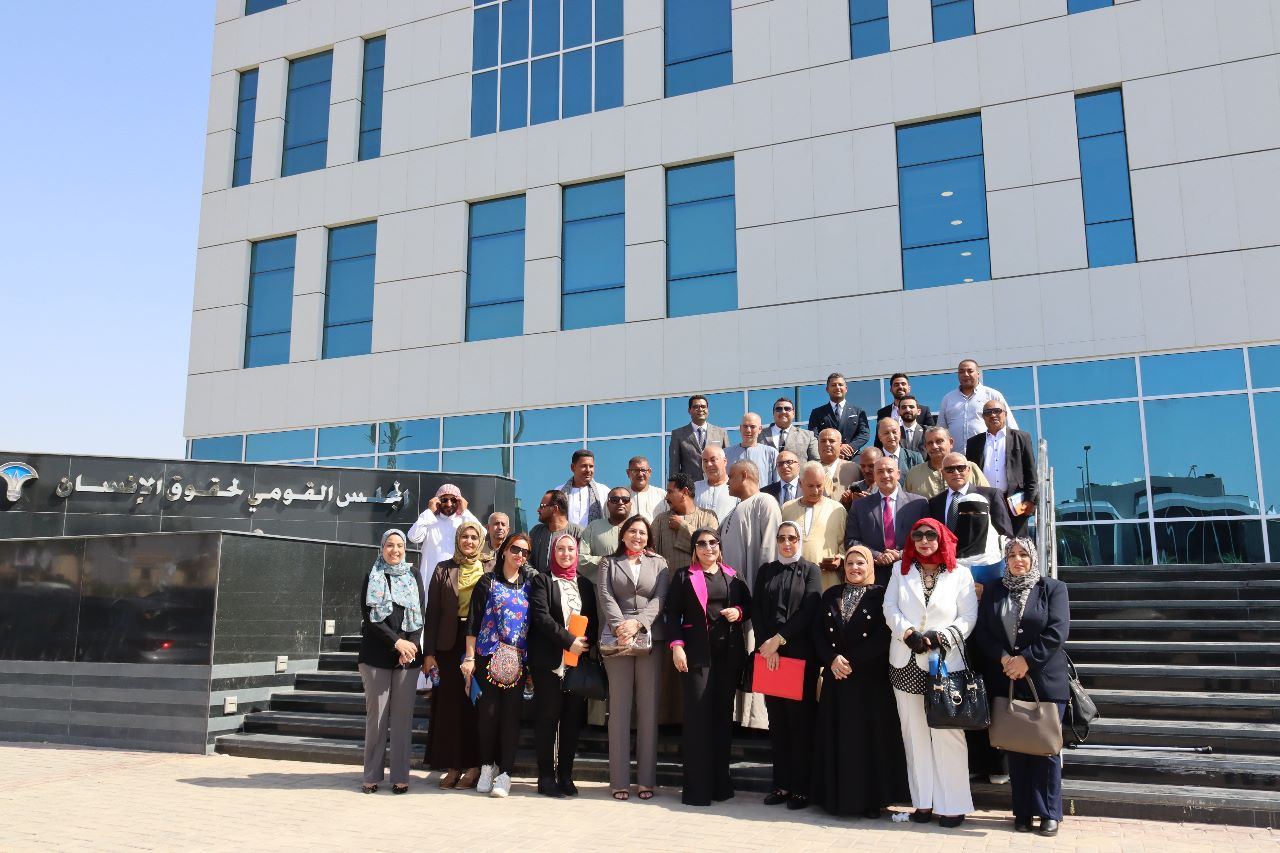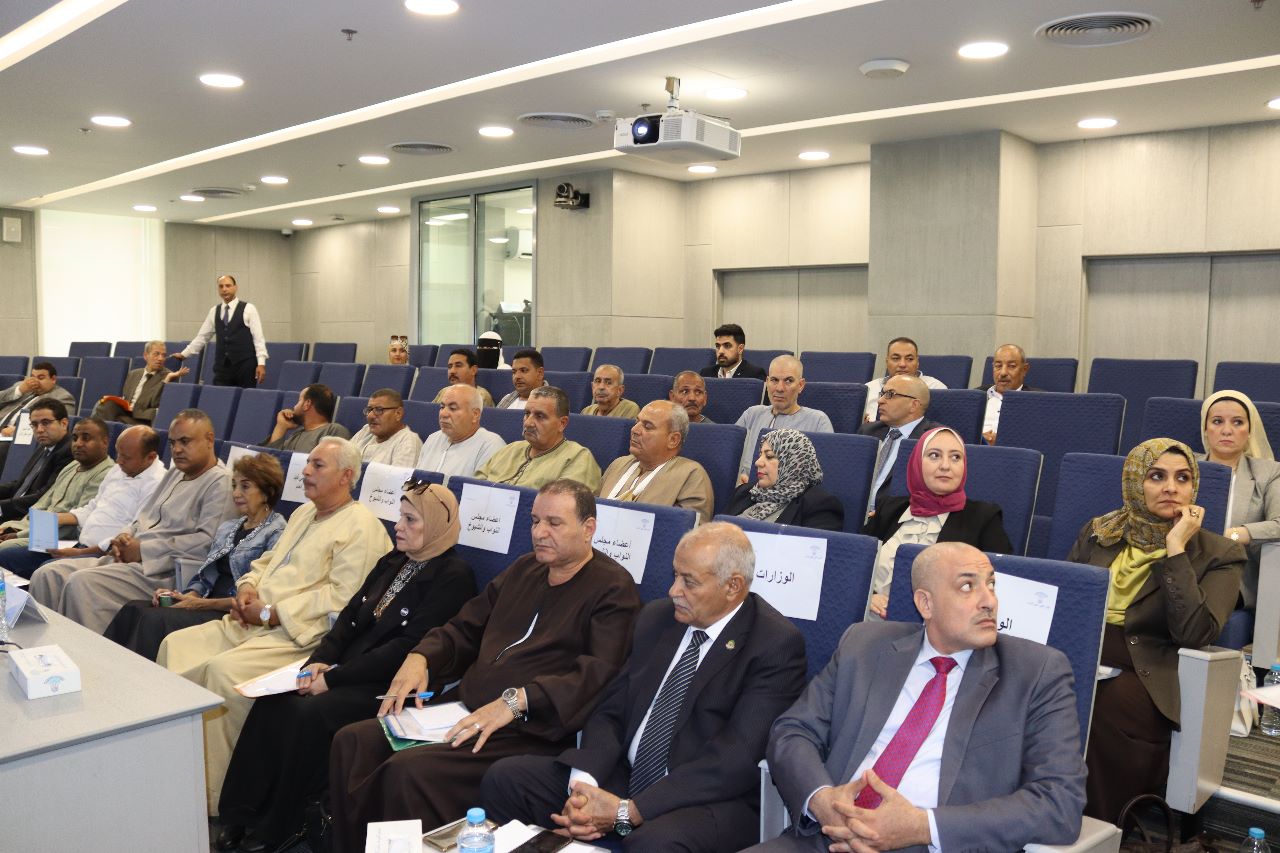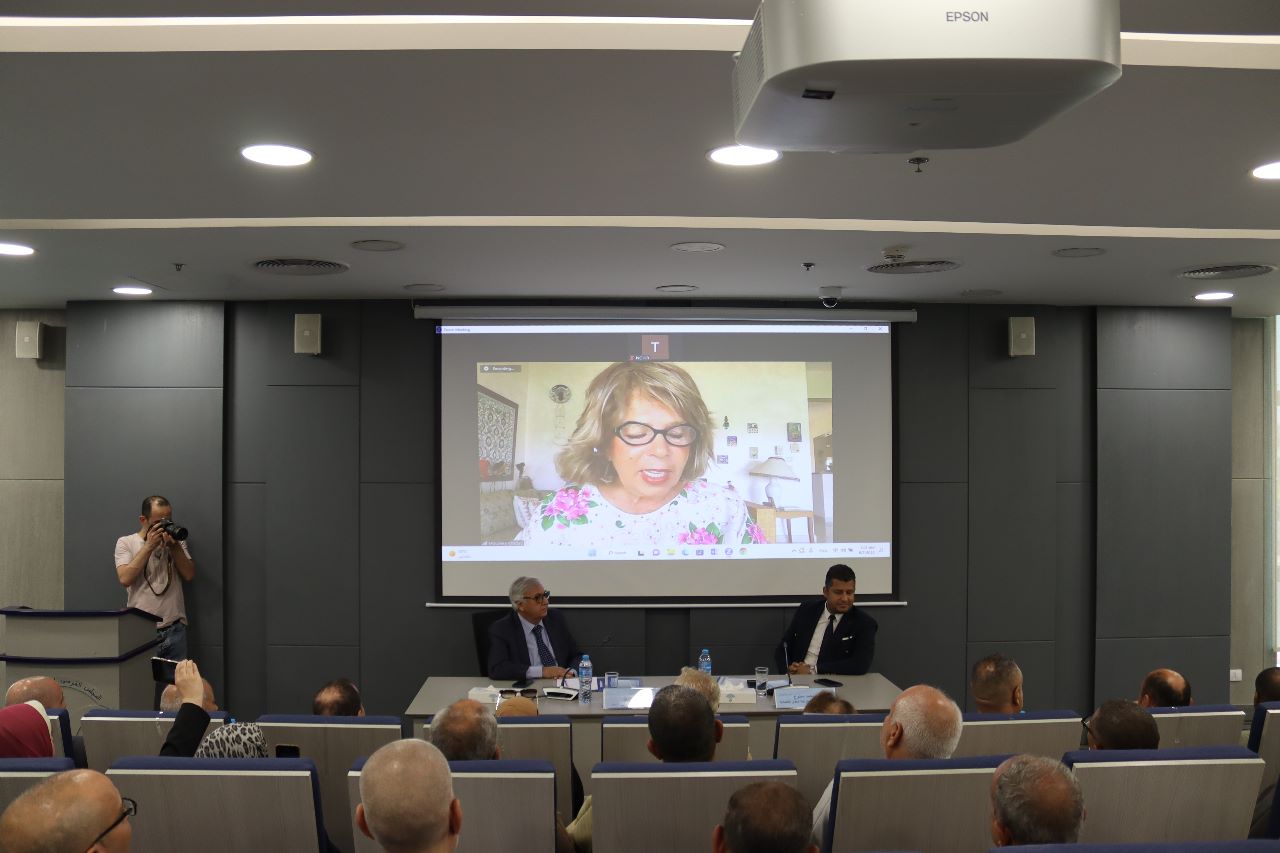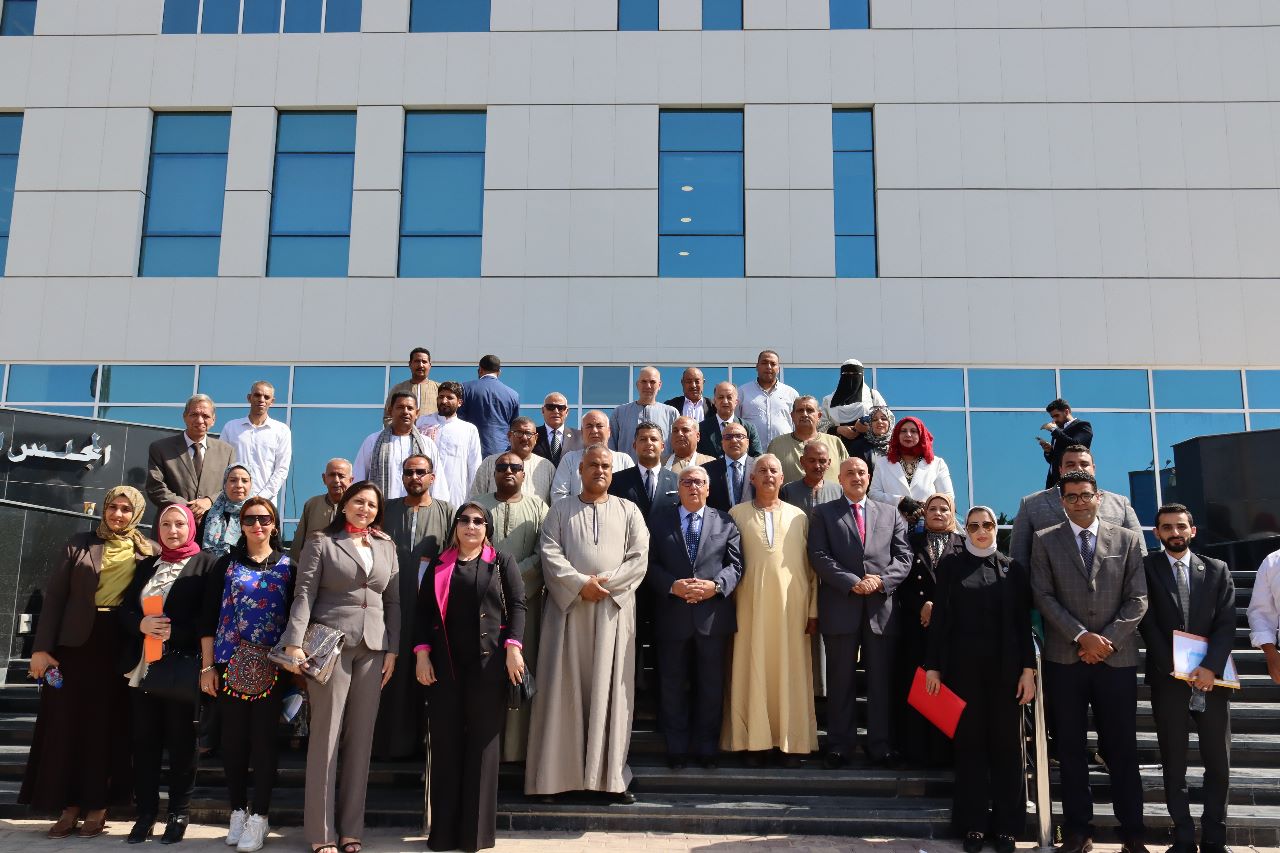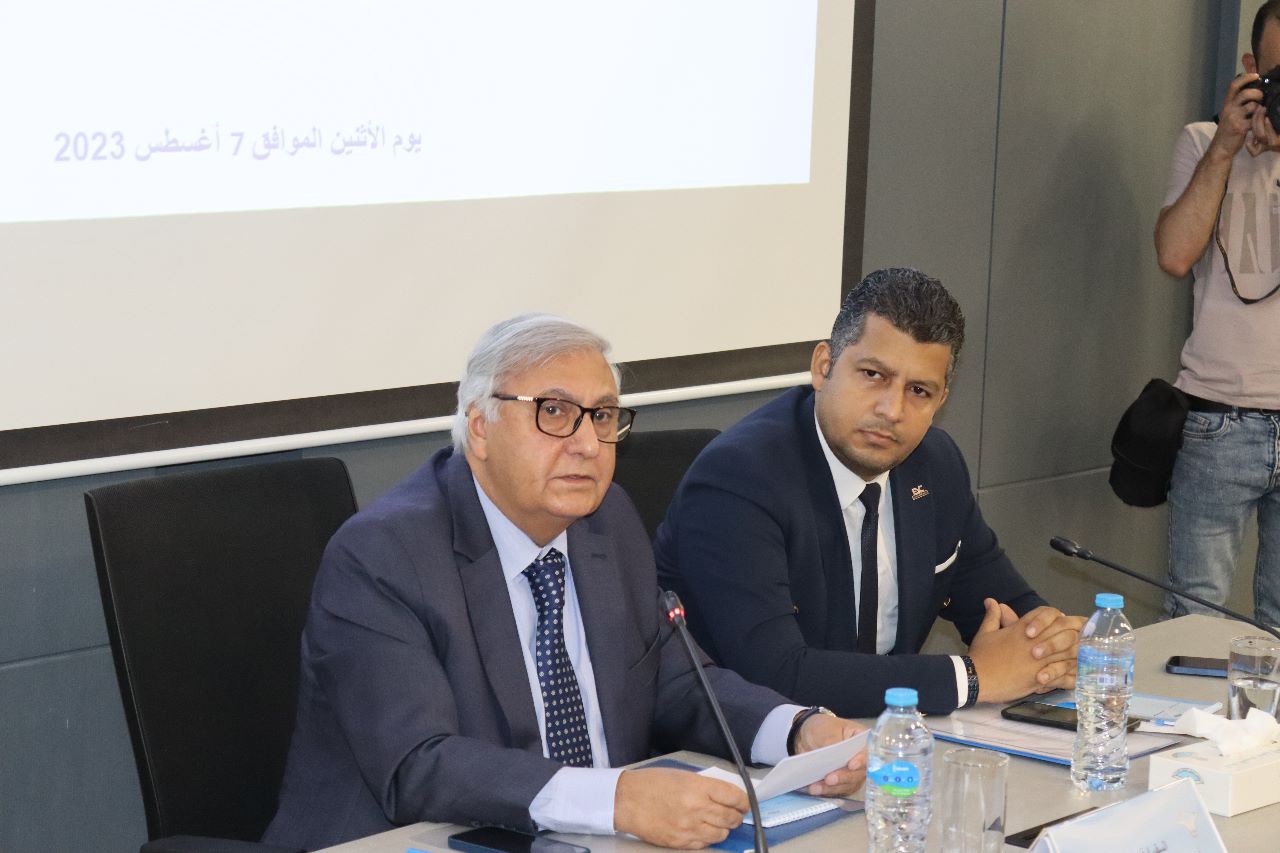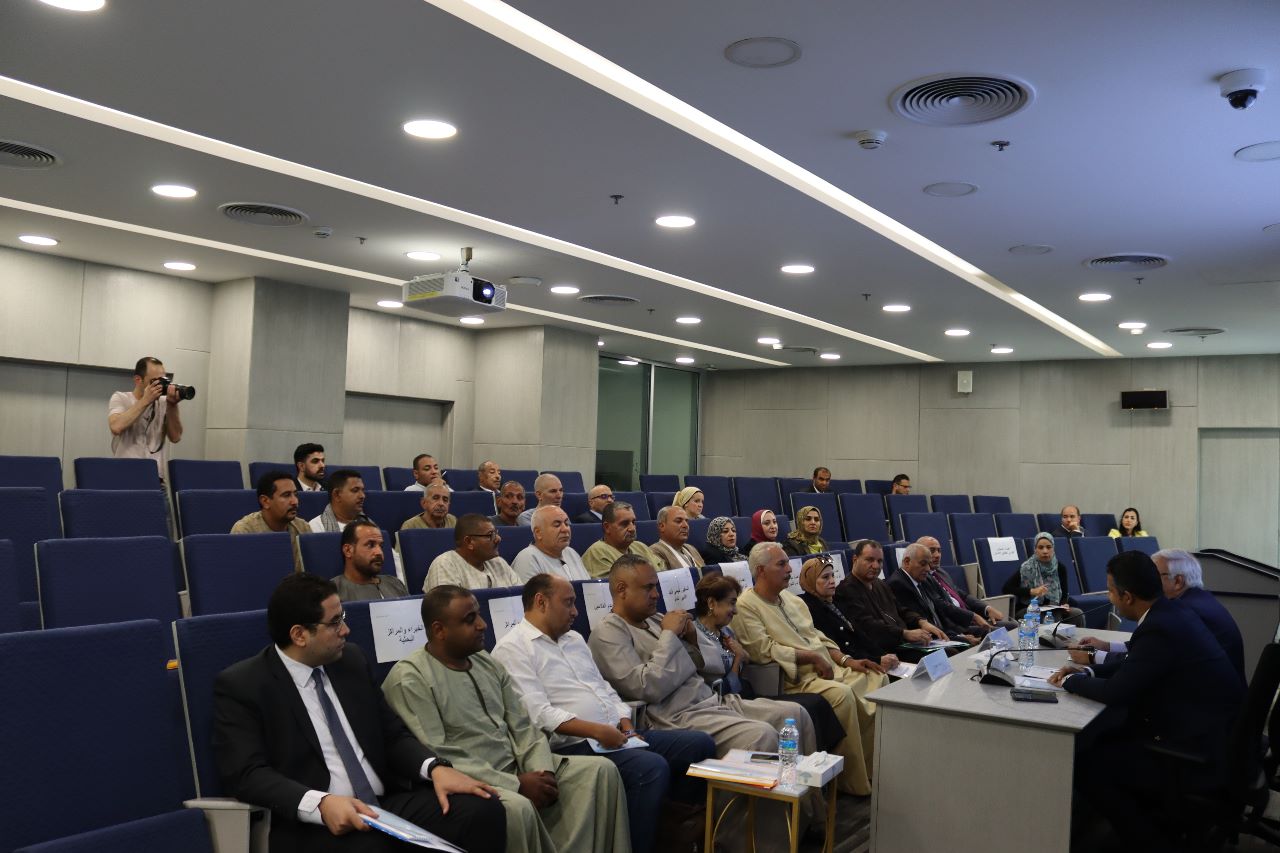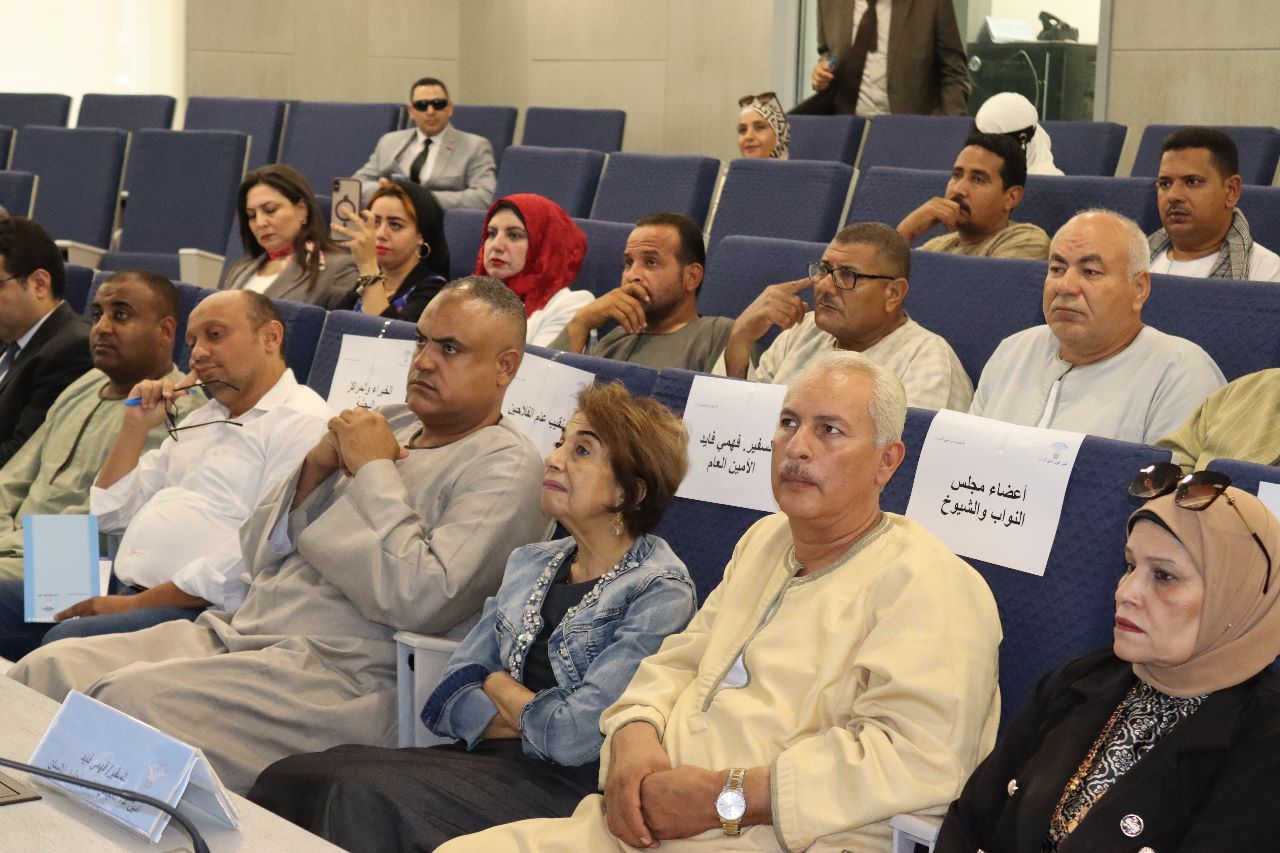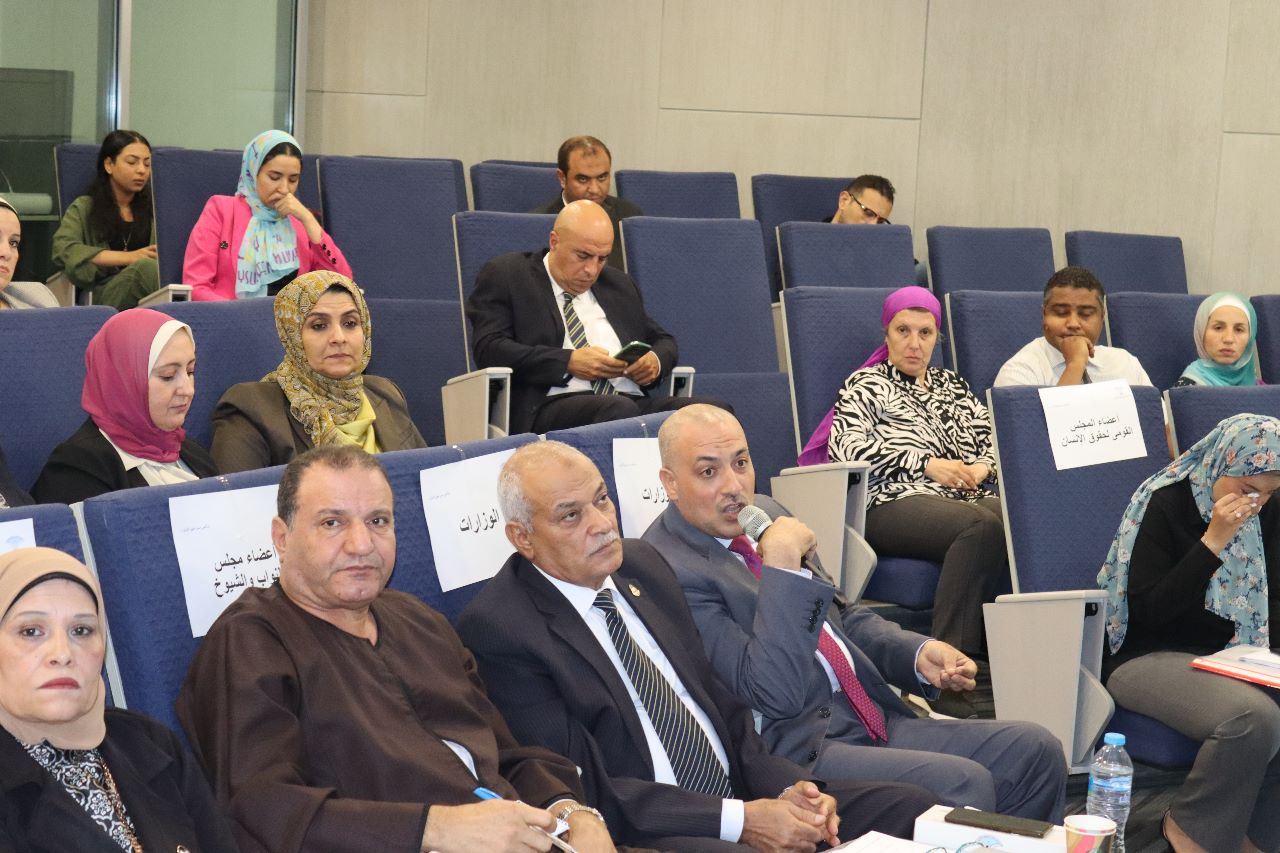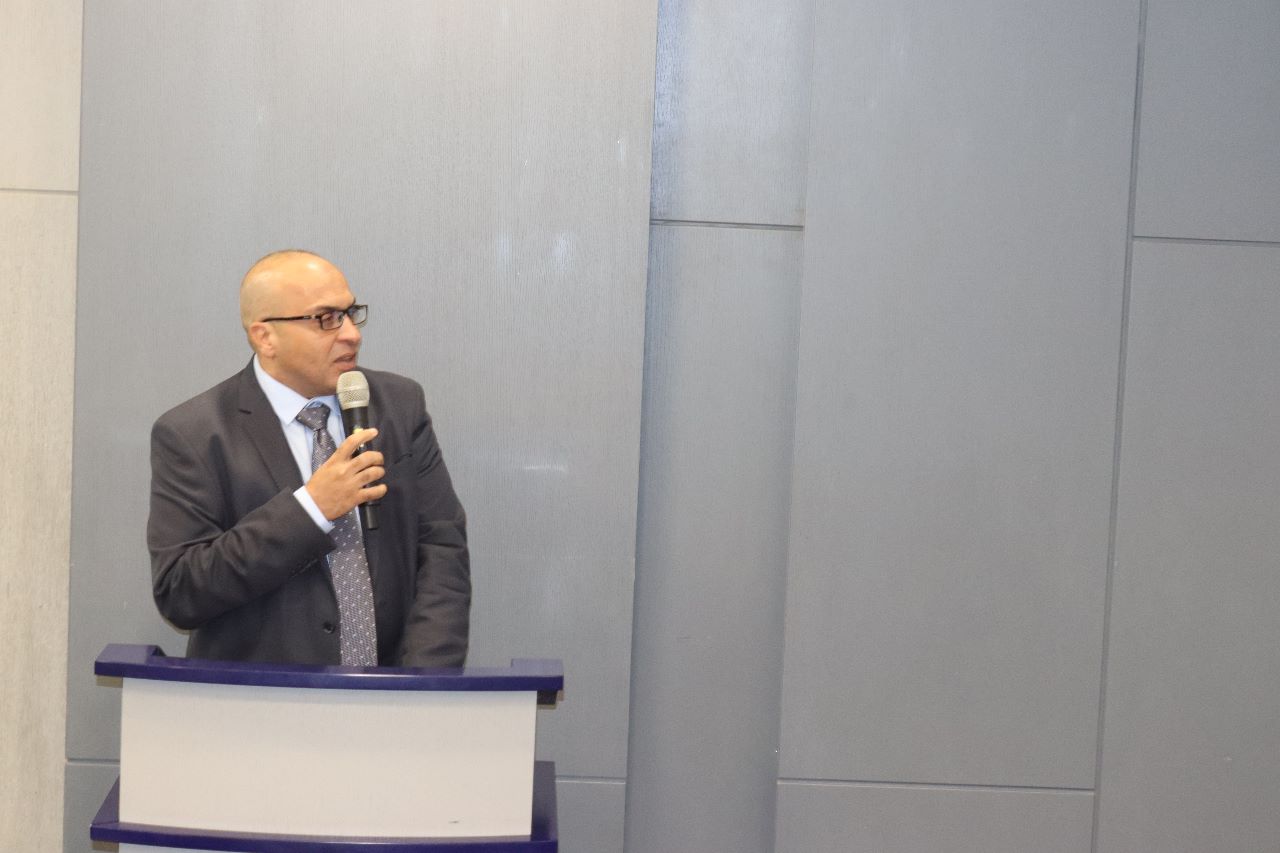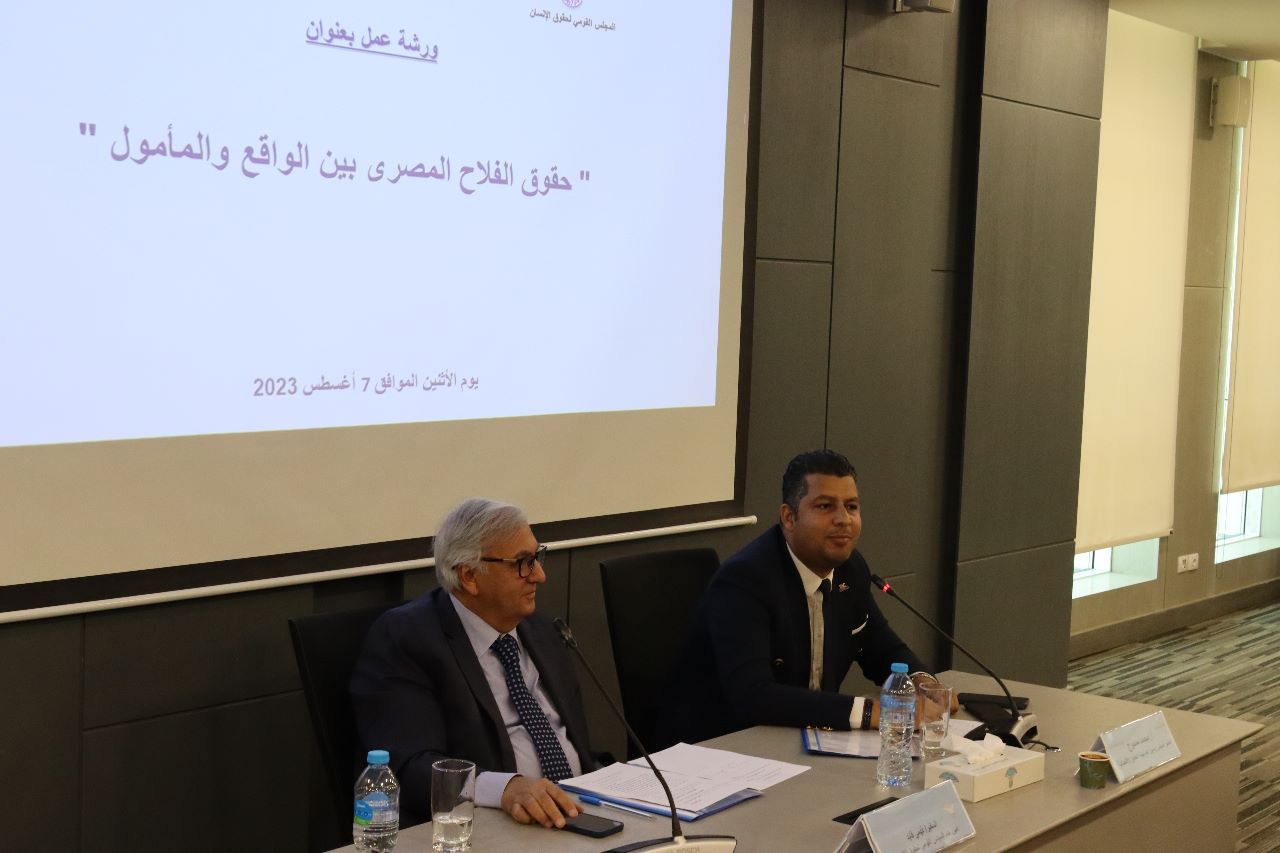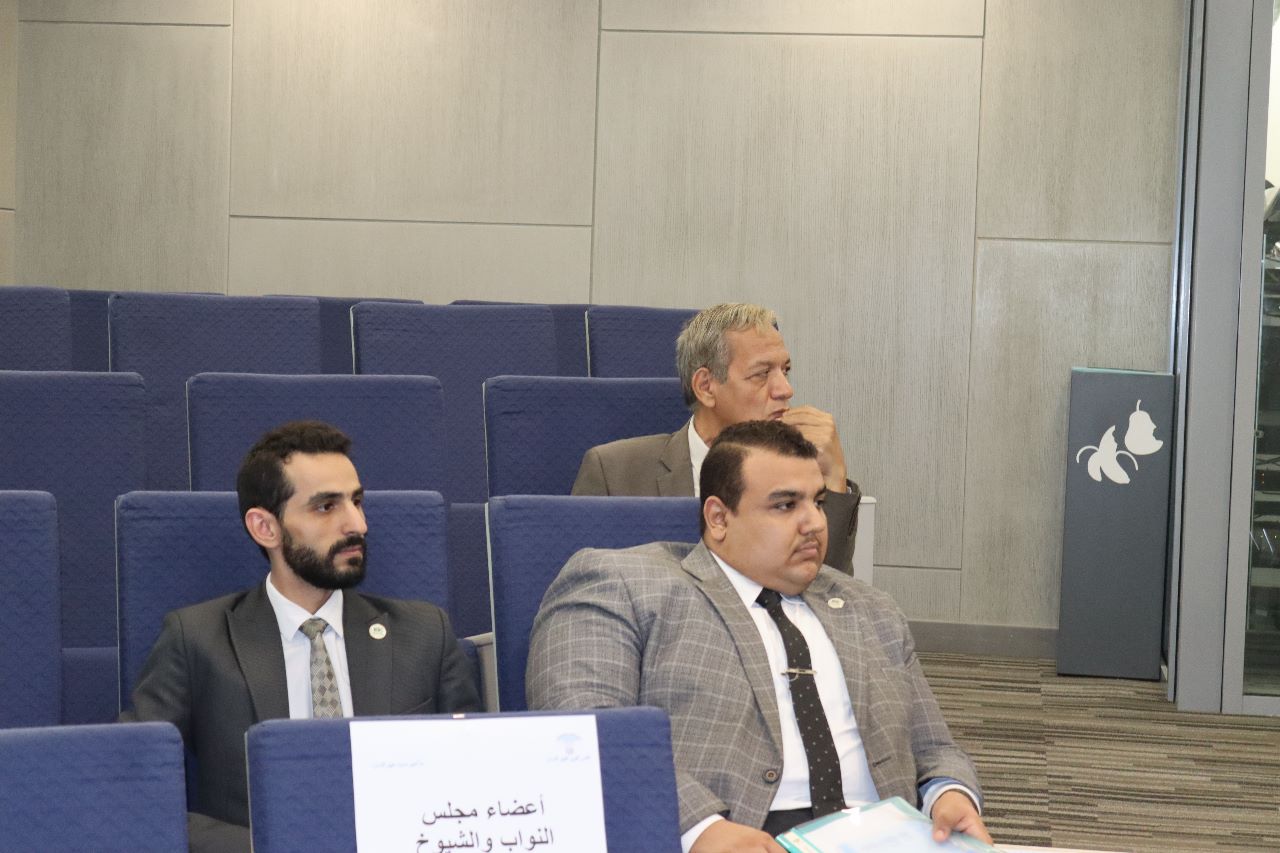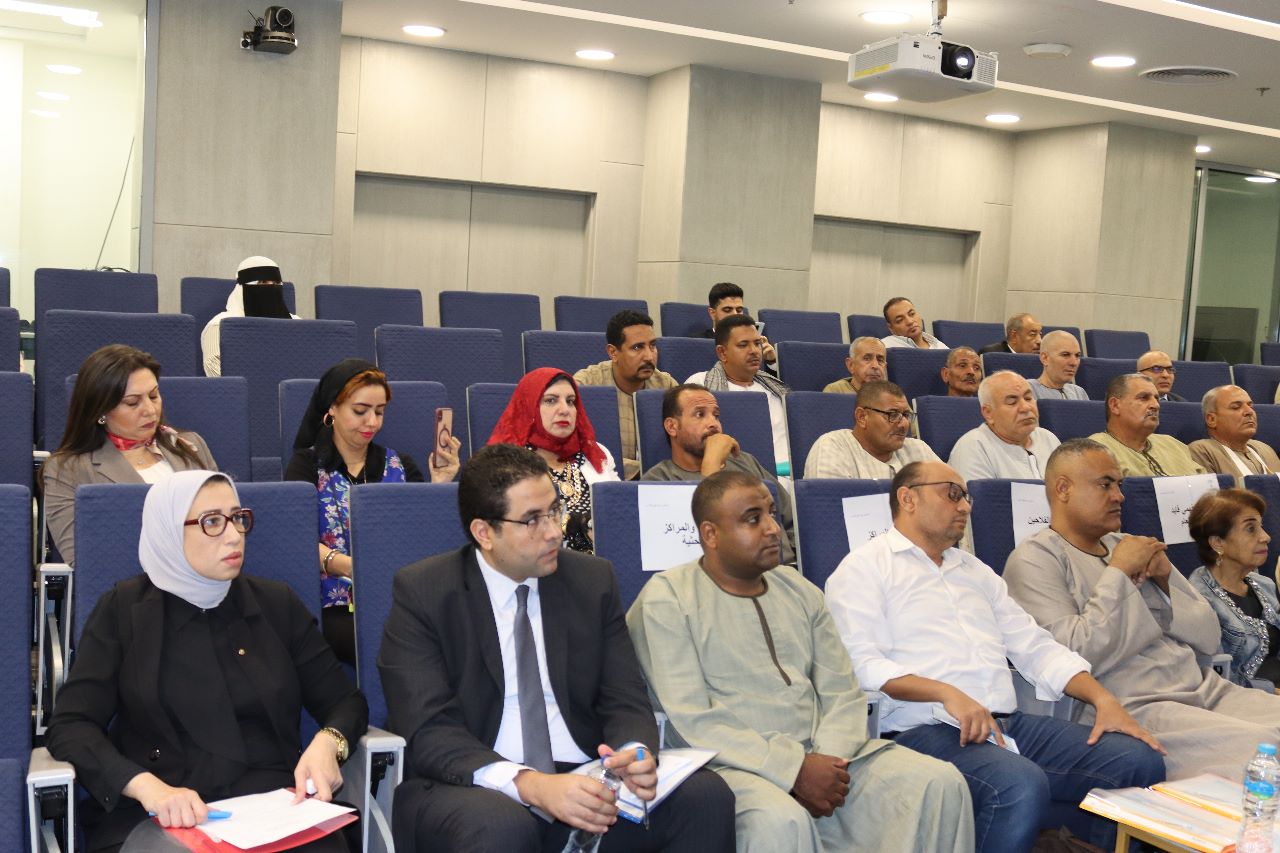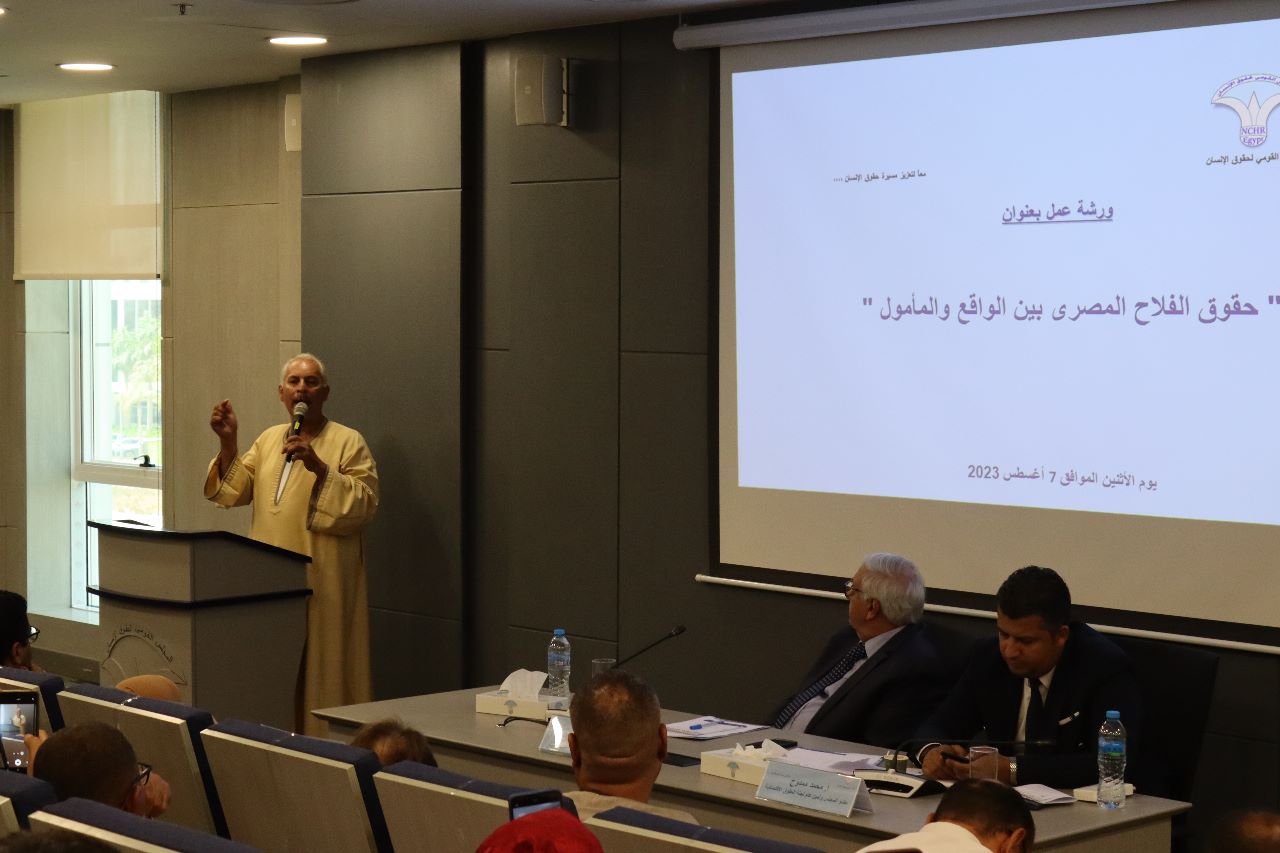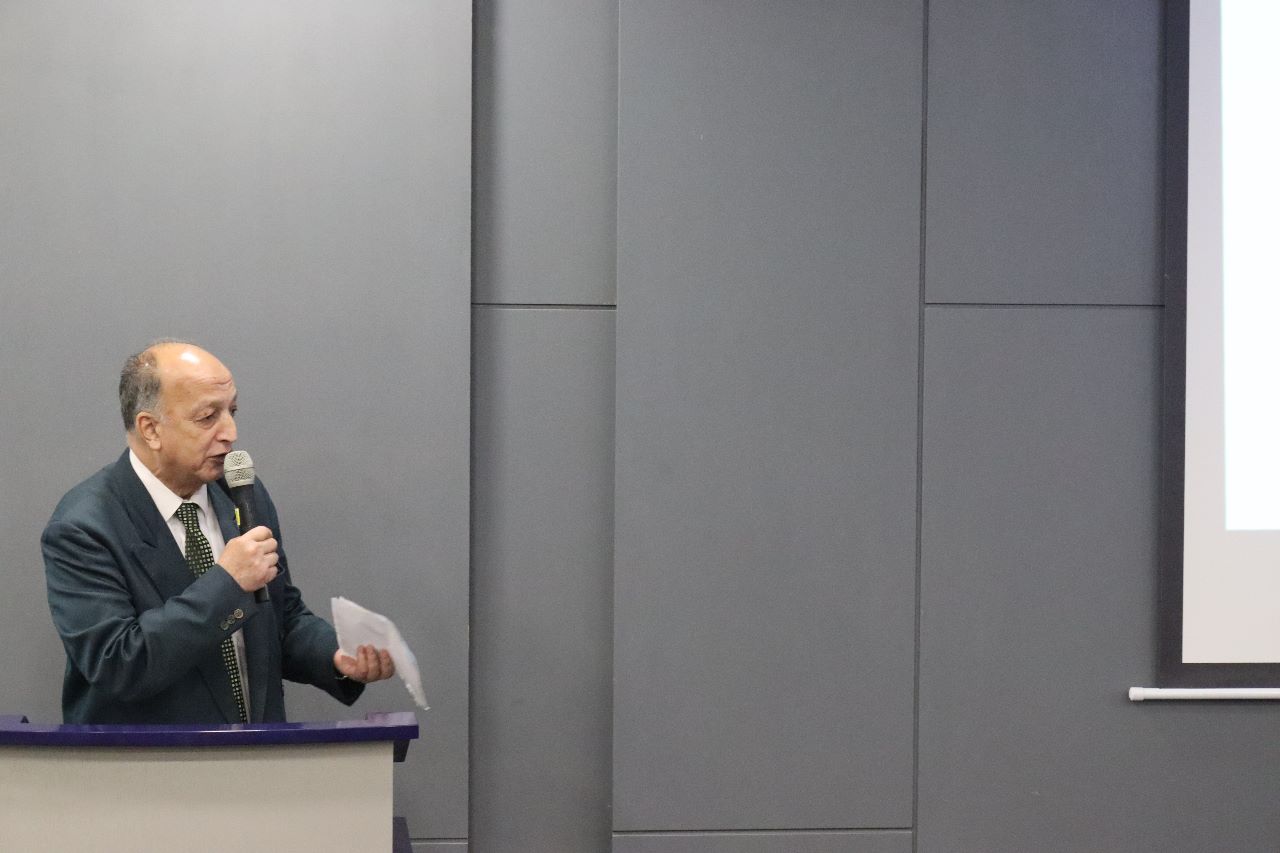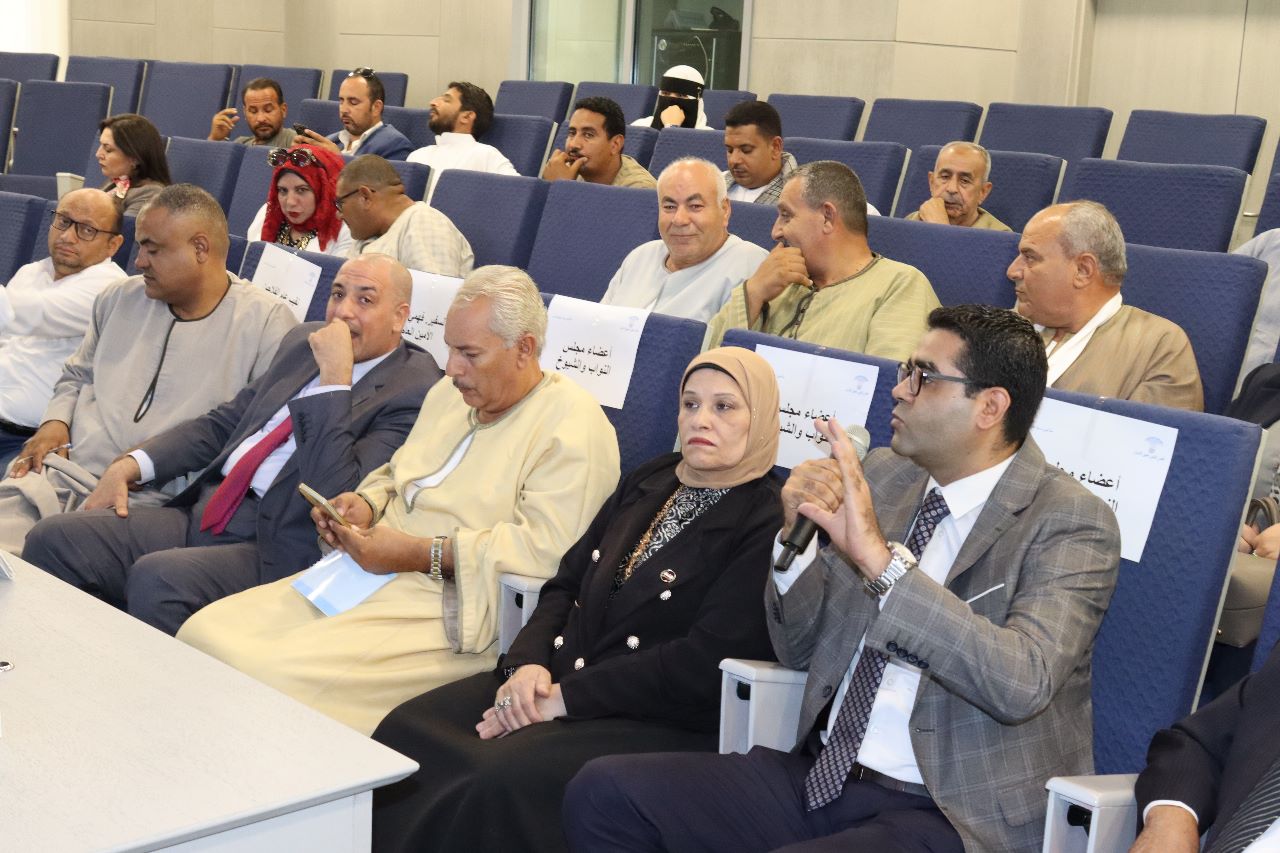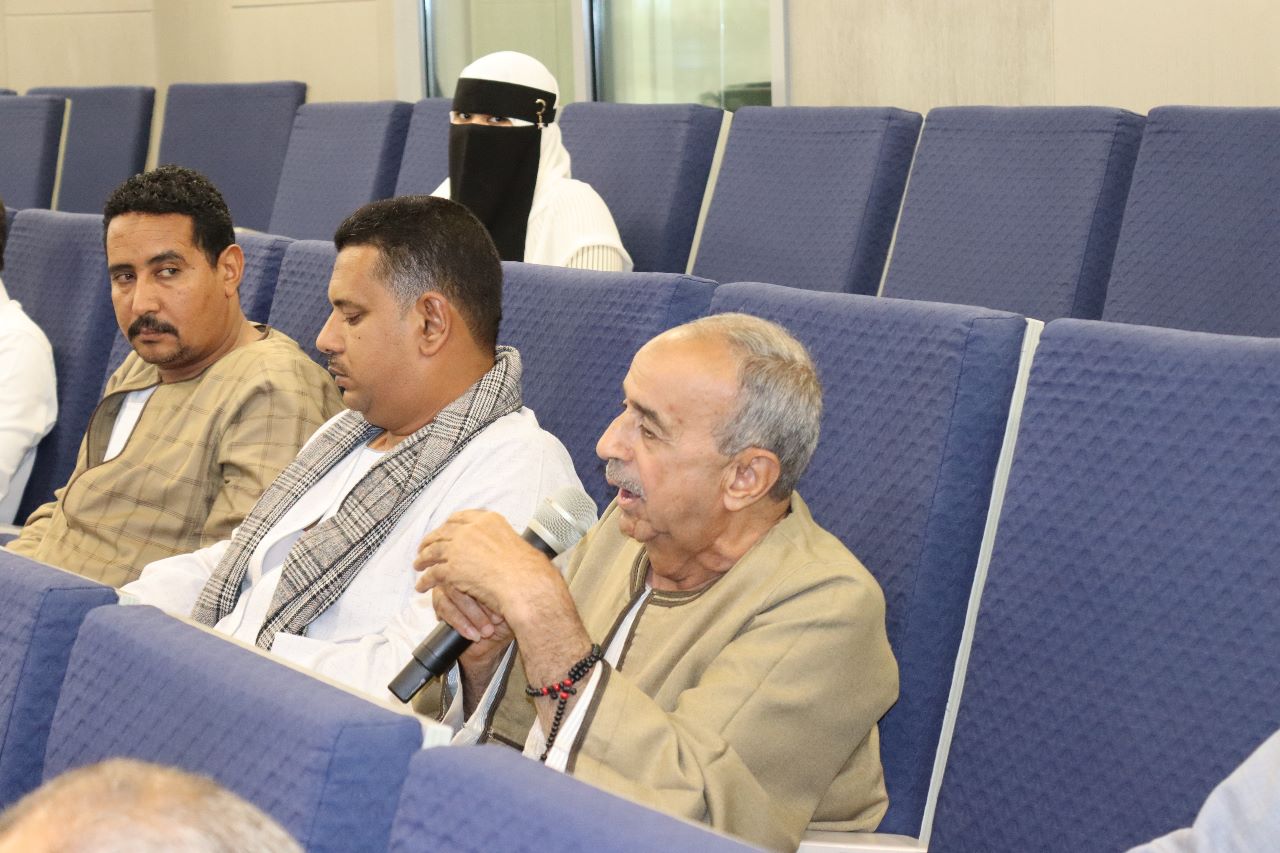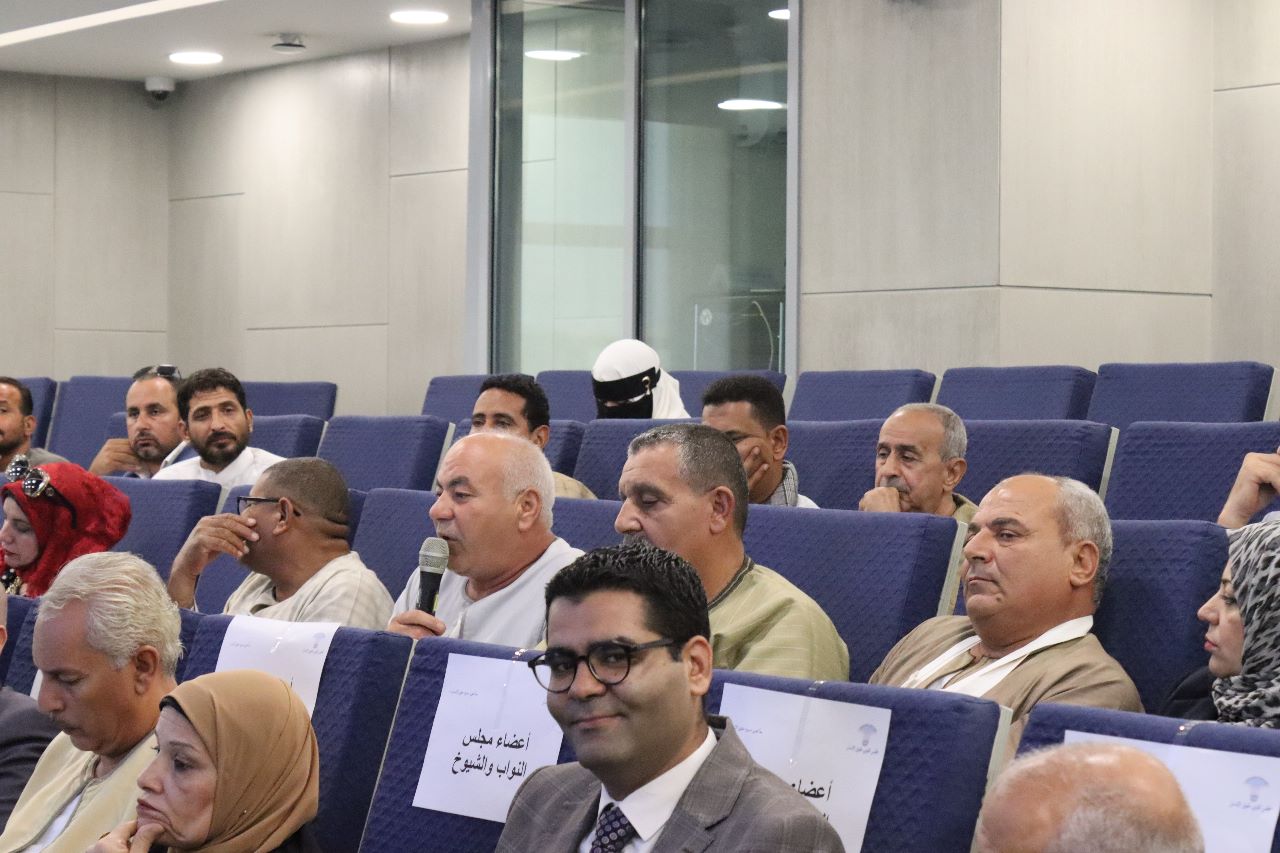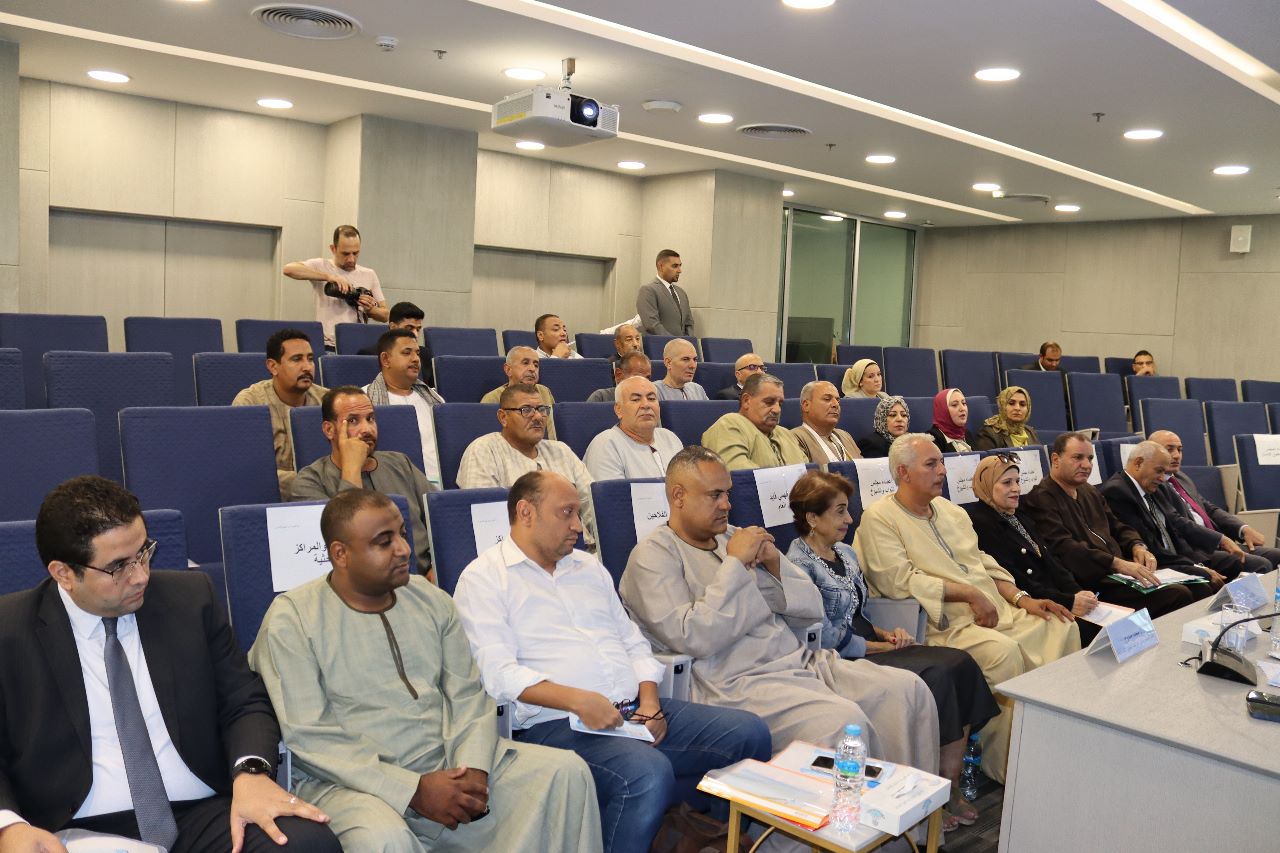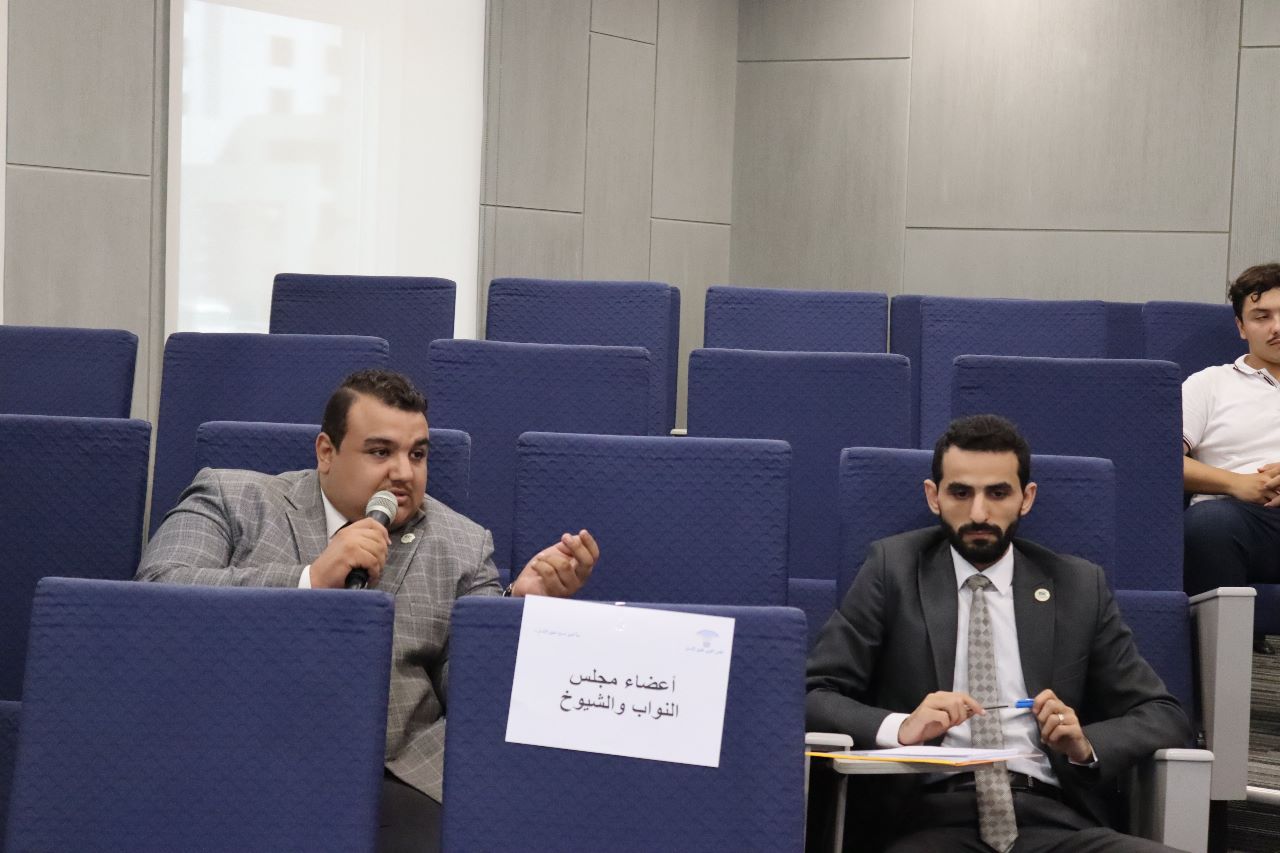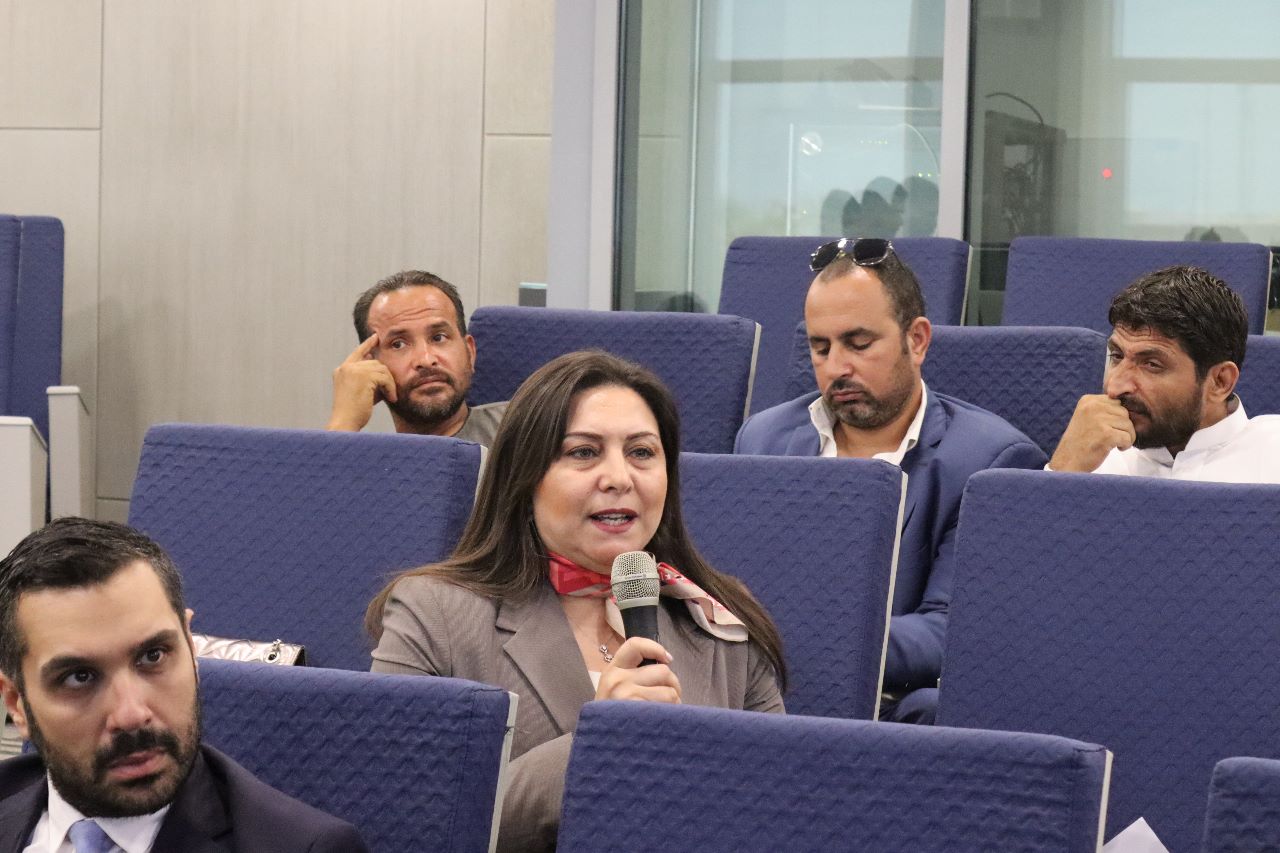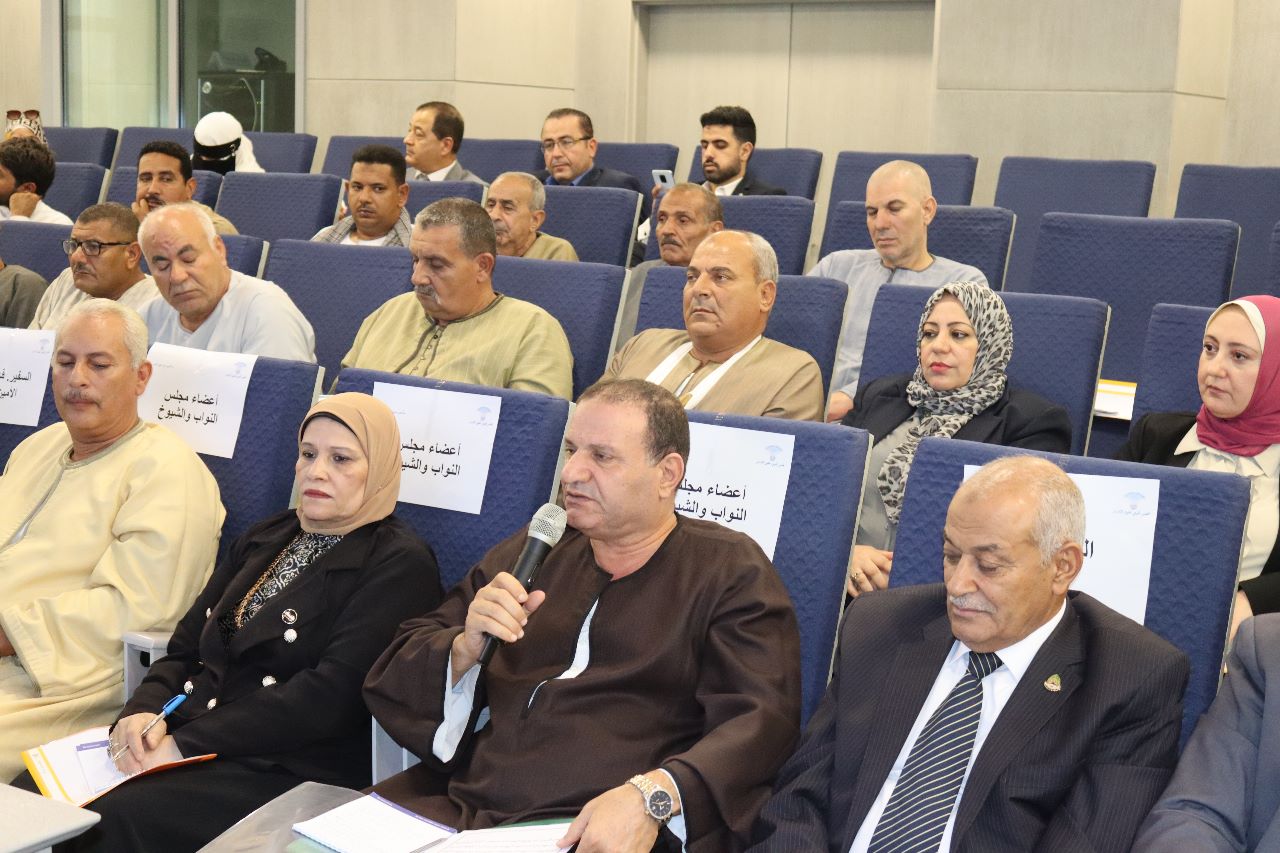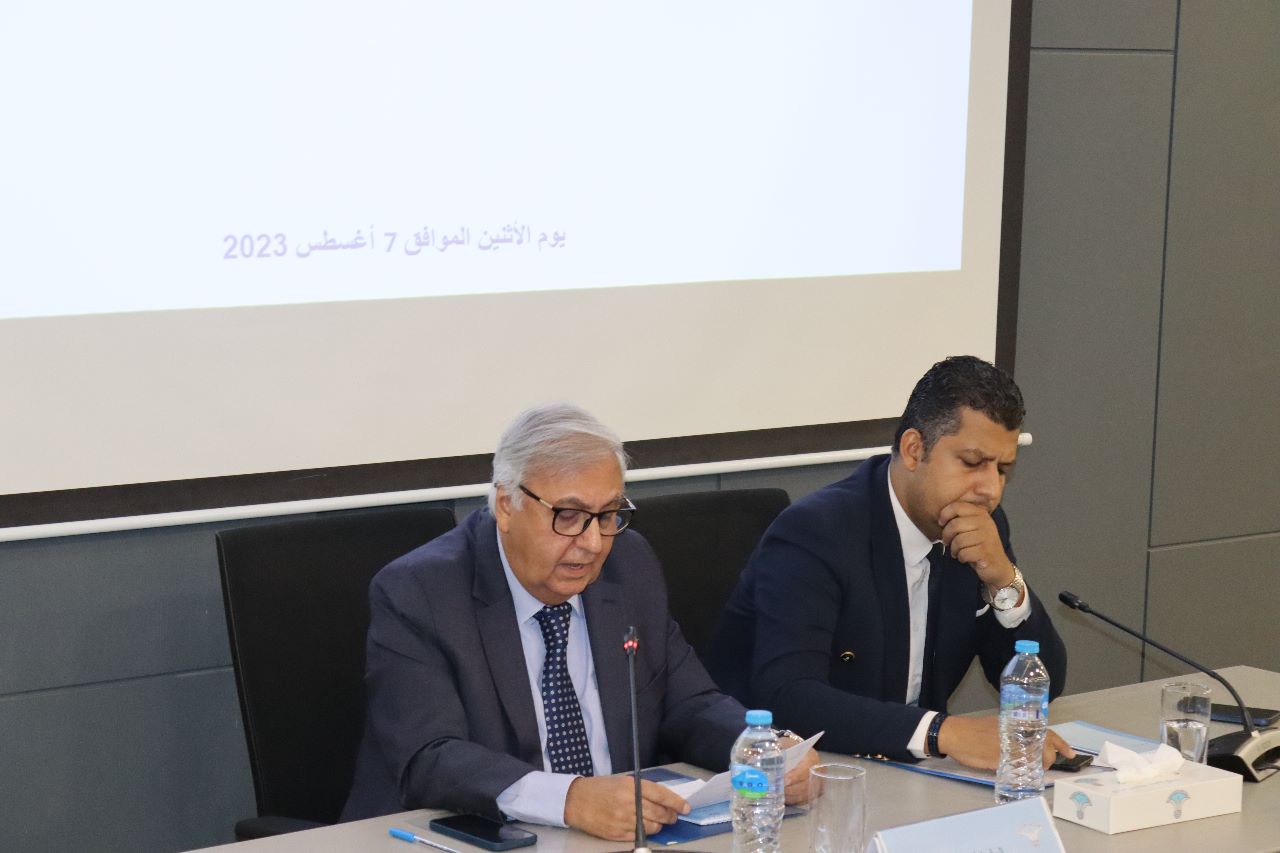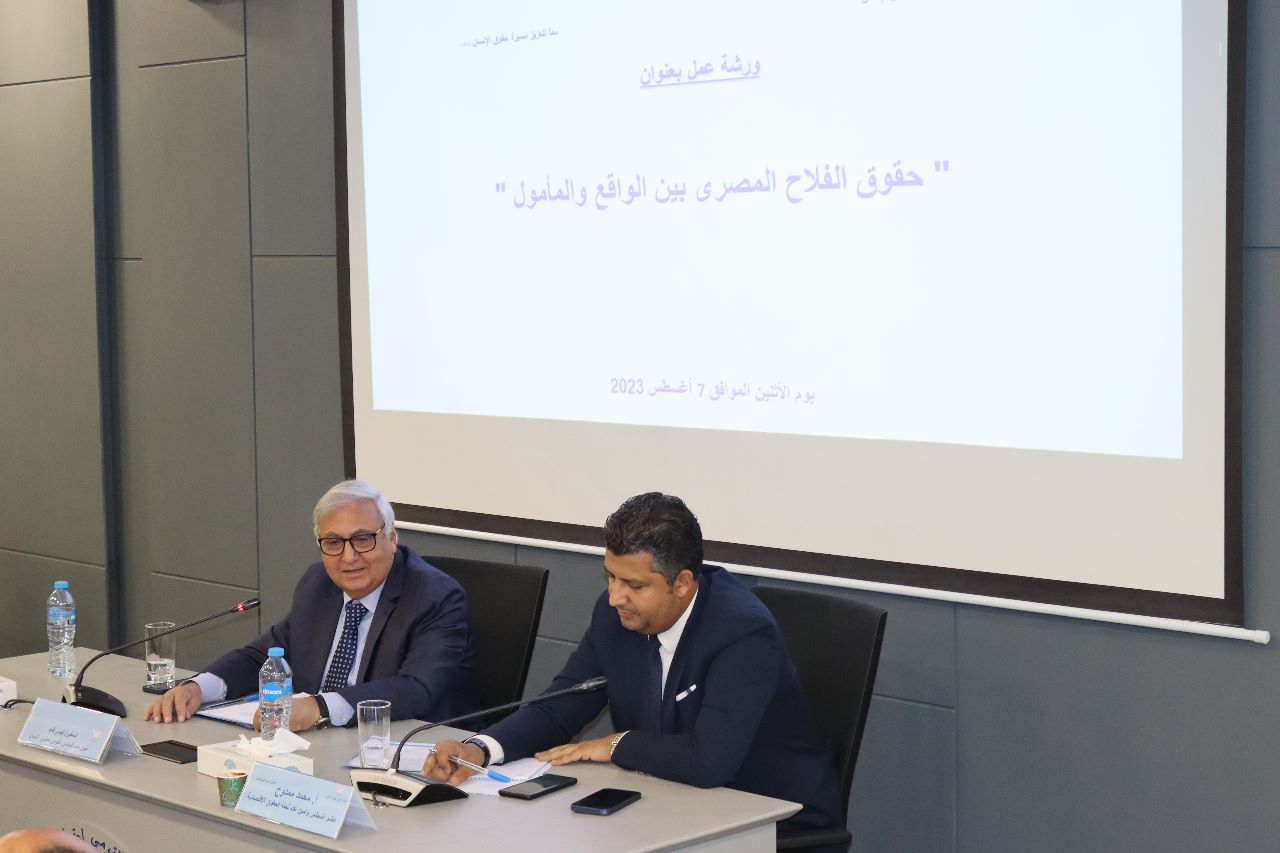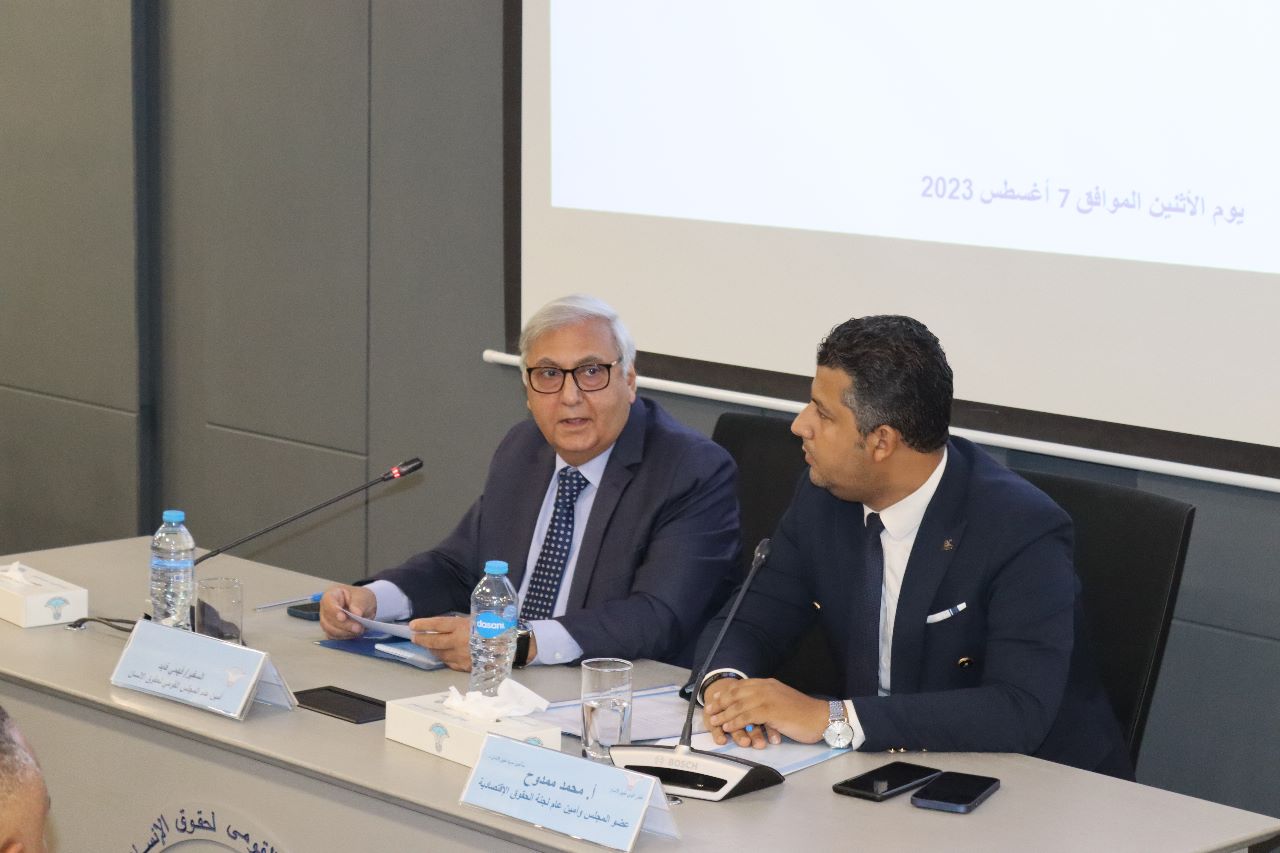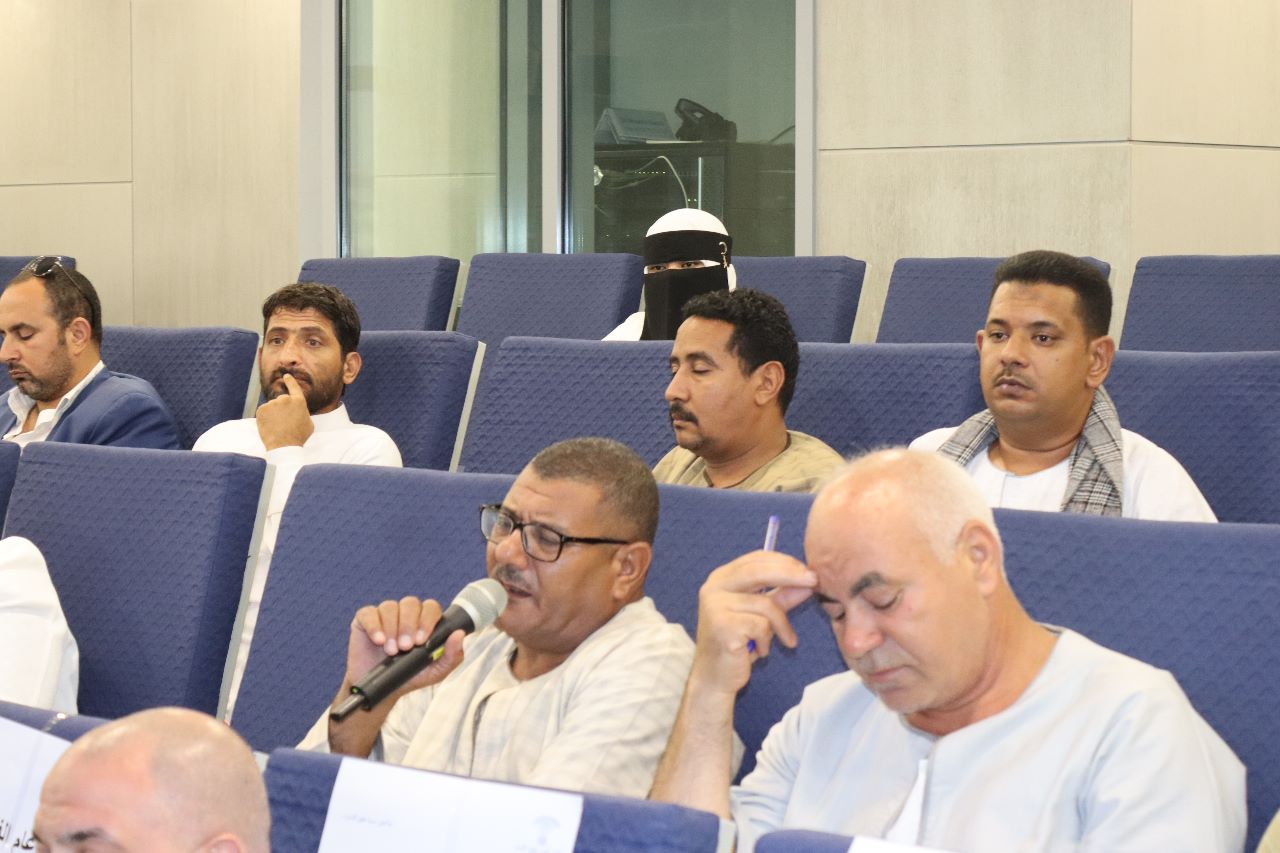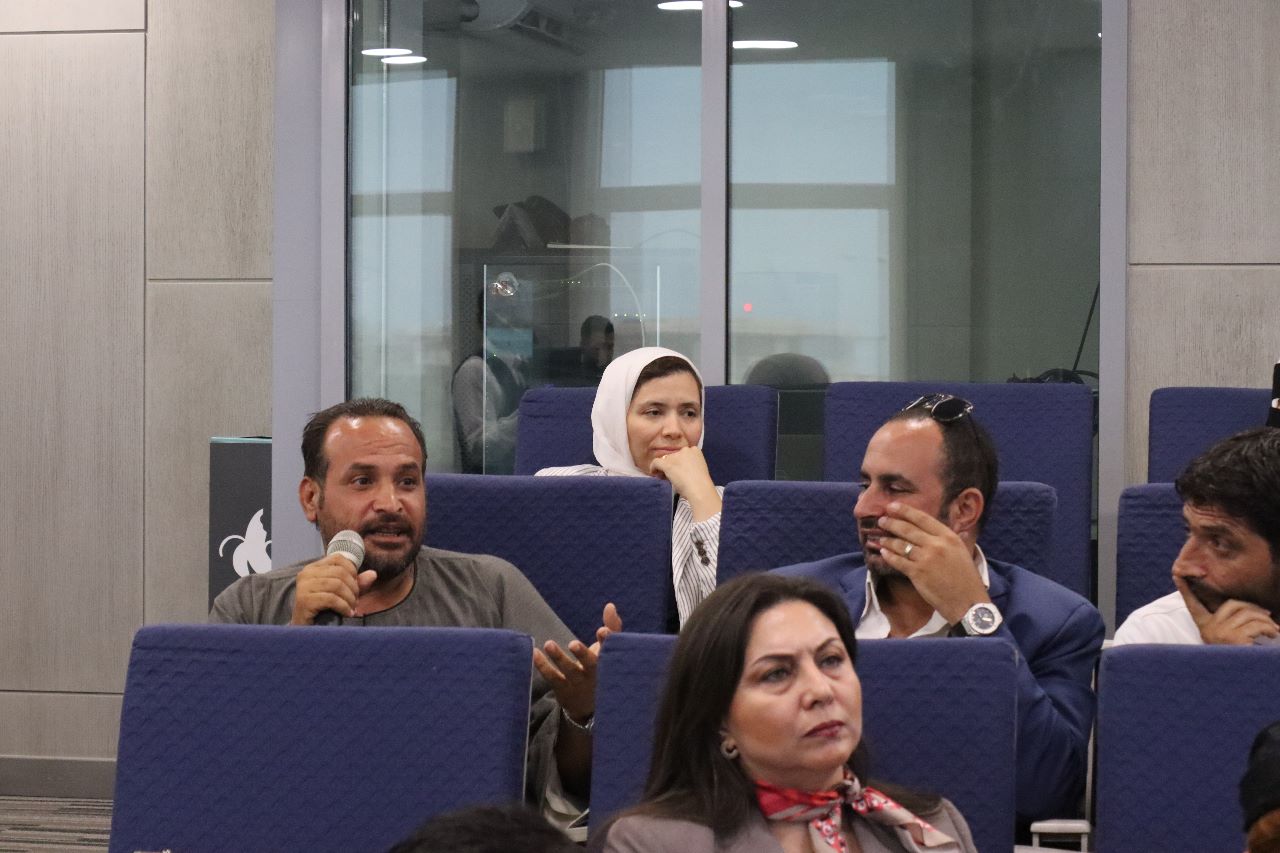The Economic Committee in NCHR discusses enhancing the rights of the Egyptian farmer
The National Council for Human Rights (NCHR) (Economic Committee) held a workshop entitled "The Rights of the Egyptian Farmer between Reality and Aspirations" at NCHR's headquarters in the Fifth Settlement.
The workshop was inaugurated by Moushira Khattab, President of NCHR, who stressed in her speech the importance of the rights of farmers, who represent the largest portion of Egypt’s population, in addition to the fact that they play a major role in achieving food security, which has become exposed to great risks as a result of the repercussions of global crises such as epidemics and the climate change crisis, most recently the Ukrainian war, which revealed the importance of the farmer’s role in achieving food security, which requires providing all the elements of sustainable production, finding a solution to the problem of fragmentation of agricultural property, and the Agricultural Bank playing its role in providing the necessary support to the farmer.
Khattab added that Egypt is essentially an agricultural country, and the agricultural sector represents 15% of the Gross National Product (GNP), and the Egyptian constitution is based on enforcing human rights, and that all rights are guaranteed to every Egyptian, male and female, without discrimination, pointing out that women working in the agricultural sector represent 40%.
She explained that the Egyptian state has undertaken many initiatives to achieve food security, including the “Plant” initiative organized by the National Alliance for Civil Action, as well as the “Decent Life” initiative to protect and support the Egyptian farmer.
Khattab called for the necessity of having a modern database for farmers to develop the agricultural sector in Egypt, pointing out that health insurance for the farmer and his obtaining a pension are important suggestions that must be taken into consideration.
She noted that NCHR is concerned with all human rights, including the rights of the Egyptian farmer.
Ambassador Fahmi Fayed, Secretary-General of NCHR, also explained that the issue of farmers’ rights is an important topic because it relates to a large group whose population is close to about half of the population of the Egyptian people. They represent an economic force in building and advancing society. Now many industries depend on agriculture, and the Egyptian Constitution has protected Egypt’s farmers through Article 29.
While Dr. Mohamed Mamdouh, Chairman of the Economic Committee of NCHR, expressed that this workshop comes as a continuation of the committee’s work plan in dealing with the concerned groups and unifying efforts in order to enhance the economic rights of all groups of society, and that today’s meeting, which includes the leaders of the leaders of farmers’ organizations and those working in agricultural affairs in the various Egyptian governorates, will be followed by a group among the consultative meetings that the committee will hold with all concerned parties (executive, legislative, civil society, research centers and experts, farmers’ unions, agricultural cooperative societies), in addition to organizing a group of field visits to find out the conditions of farmers and the most important challenges and problems they face, in light of the circumstances. Economic consequences imposed by the repercussions of the Russian-Ukrainian war, the COVID-19 pandemic, and its effects on food chains and rising prices, in addition to the burdens the agricultural sector faces as a result of climate change, and proposing the necessary recommendations to enhance the rights of the Egyptian farmer and achieve sustainable agricultural development.
Mamdouh added that the diversity witnessed in today’s workshop, including the participation of members of Parliament from various committees who represent different political currents and parties, in addition to the presence of various union organizations, is a strong indication of the confidence of all parties in the ability of NCHR to accommodate everyone and unify efforts in order to reach an existing new republic on participatory basis.
During the workshop, an open dialogue was held to discuss many issues related to enhancing the rights of the farmer and achieving sustainable agricultural development, the role of the farmer in building the Egyptian economy, and the most important challenges facing this important group in society.
Participated in the work of the workshop were representatives of the Ministry of Supply and Internal Trade, a group of members of the House of Representatives and the Senate from the committees concerned with agricultural and economic issues, the General President of the Farmers’ Syndicate and the leaders of the agricultural farmers’ unions and agricultural producers, the leaders of the farmers’ unions and agricultural associations in the various governorates, the heads of the divisions concerned with the chambers of commerce, Representatives of the Central Bank, the Agricultural Bank, the Consumer Protection Agency, and an elite group of university professors and agricultural research center.





 English
English
 Arabic
Arabic
 French
French
